Italian Interior Design
Italian style is admired for its original décor and perfect execution of every detail in the interior. The atmosphere of comfort and homey warmth is its characteristic feature
The hot duo of antiquity and countryside. Italian interior style has become a reflection of classical traditions of the European Mediterranean. Splendid furniture, expensive fabrics and valuable wood species coexist with terrazzo tiles and brick masonry on the walls. An impressive combination of elegance and simplicity.
Fundamentals of Italian style
The origin of Italian style begins with the time of Ancient Rome. Antique luxury enhanced with eclectic accessories had a great influence on forming the cultural and artistic values of Italy. The neighbor France added refined sophistication to architecture and interior design of the house. Bohemian style with simple geometric lines and interesting textile textures emerged at the intersection of cultural traditions.
The basis of modern interior design is the Tuscan style. It is named after the Tuscany region located in central Italy. Industrialization of the previous century caused an increase in the number of urban residents. Housing and building space shortages led to settlement of nearby suburbs. Houses in Tuscany were built traditionally from natural materials - wood, stone and clay. A characteristic feature was open terraces and patios with columns and arches. Simple interiors were adorned with frescoes, mosaics, stained glass and ceramic tiles.
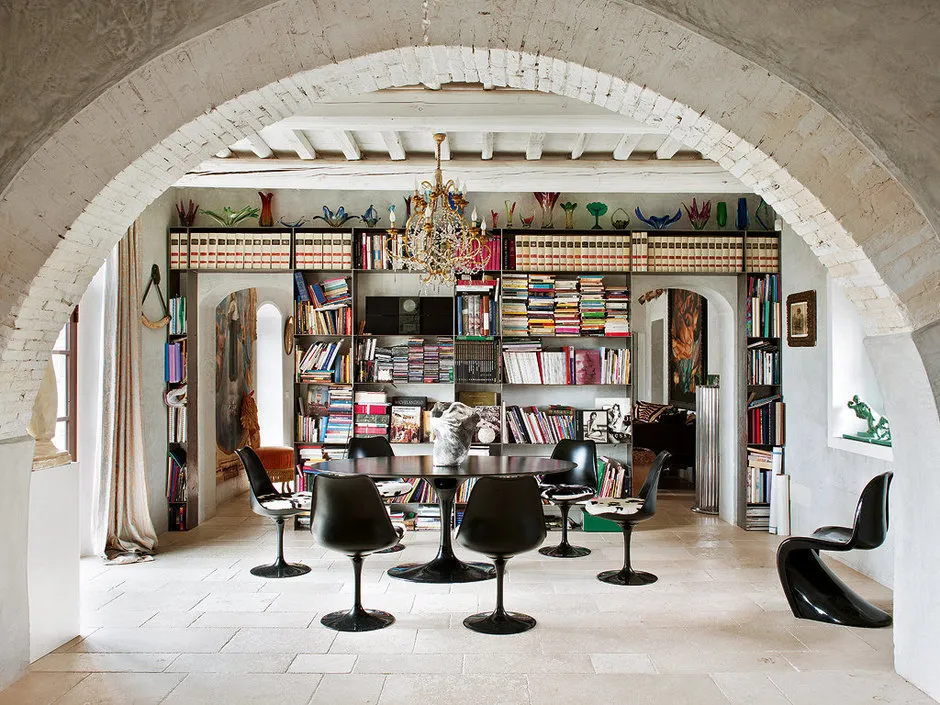 Design: b-arch architectural studio
Design: b-arch architectural studio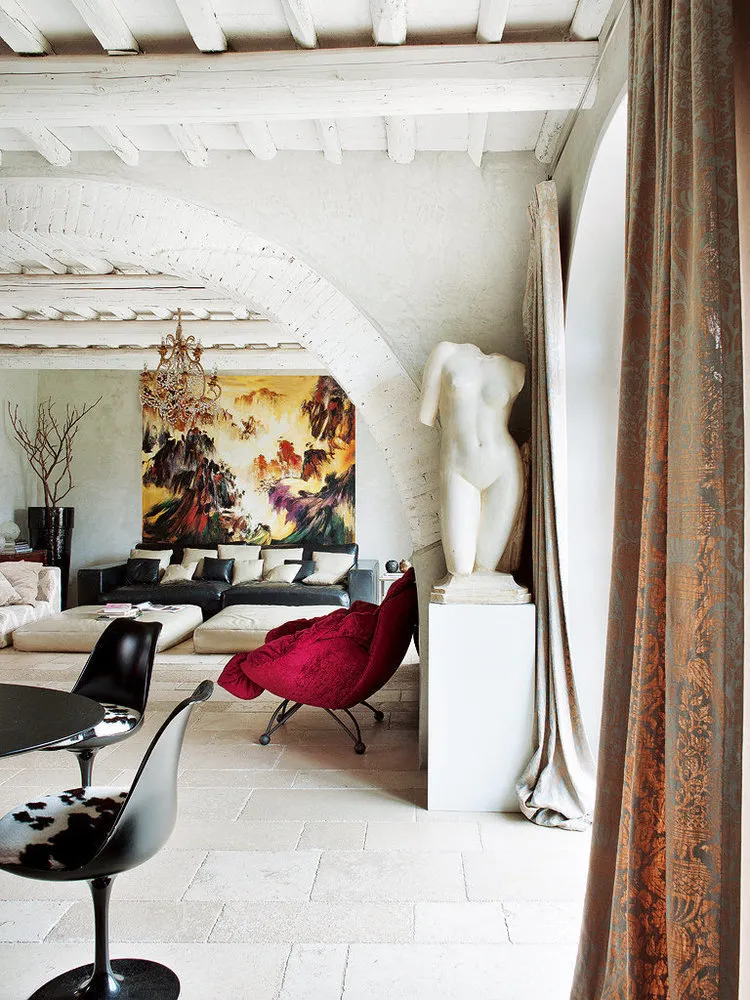
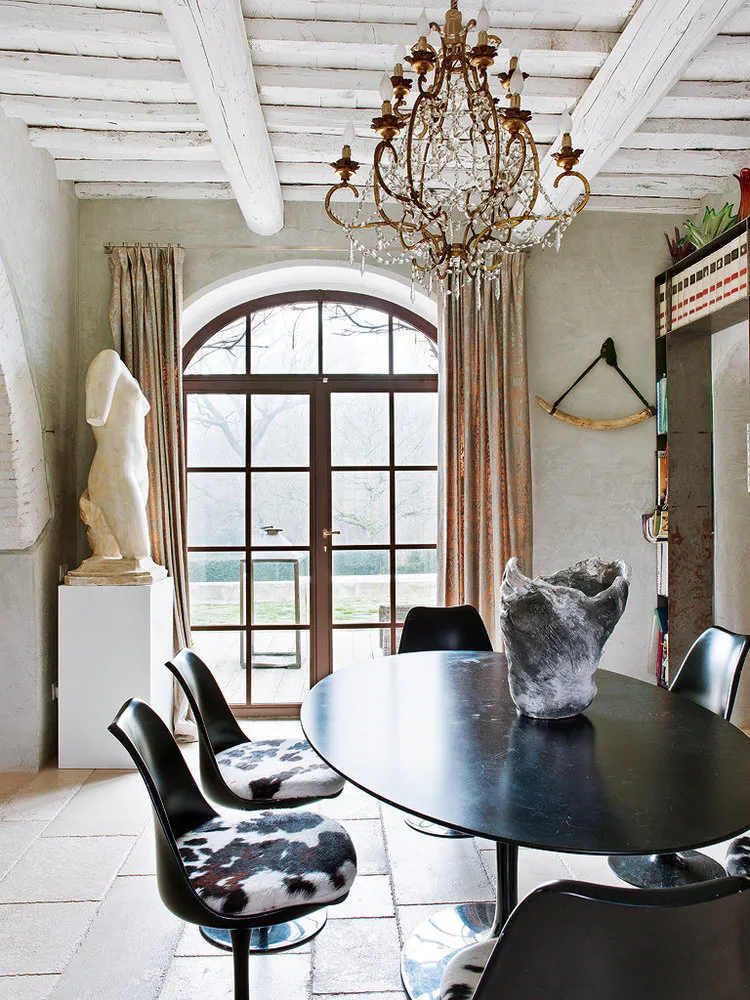 Design: b-arch architectural studio
Design: b-arch architectural studioBasic features of traditional Tuscan interior design have been preserved in modern Italian style. Ancient symmetry in architecture, sculptural elements, minimalist design and rich decorative details have found a second life in the new world
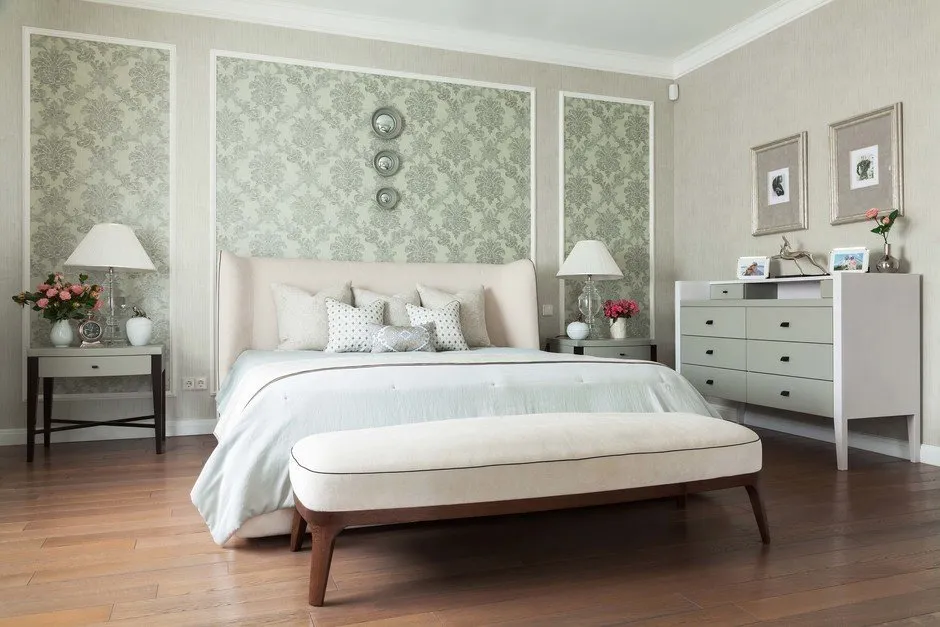 Design: Natalia Tarhanova
Design: Natalia Tarhanova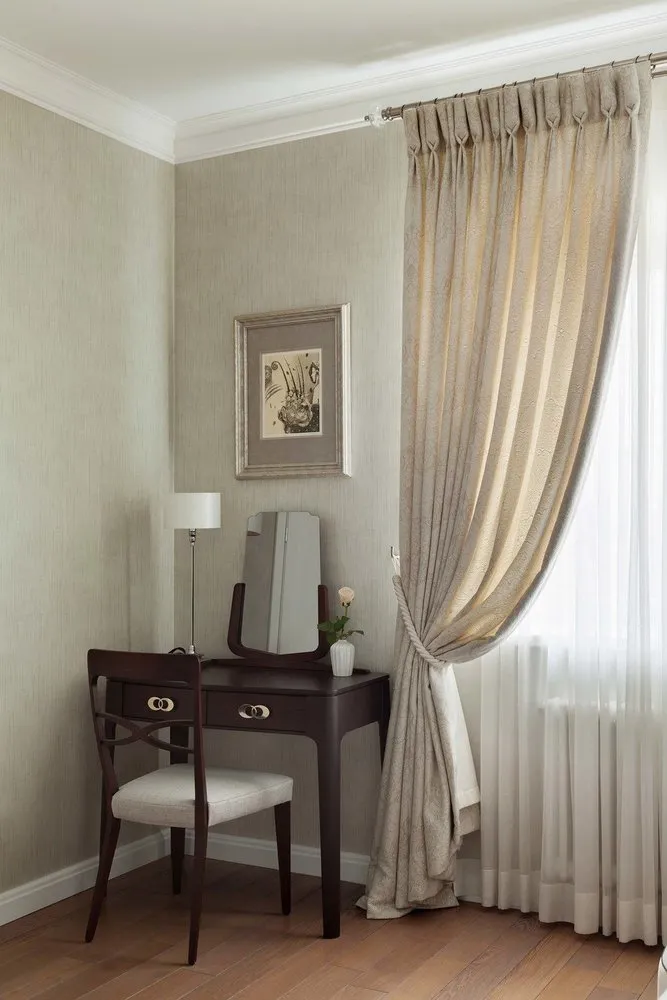
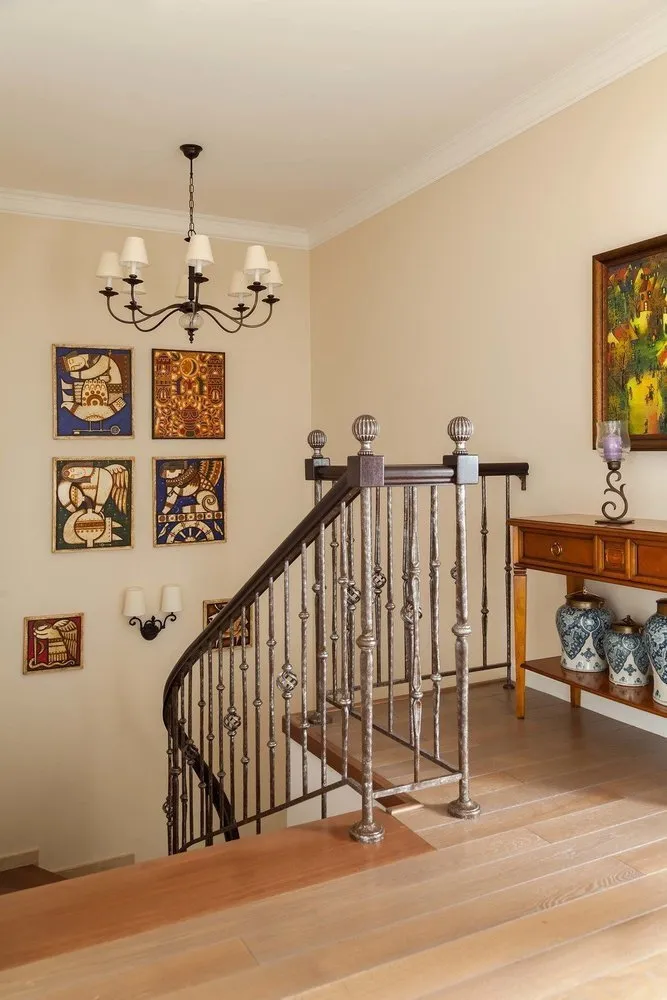
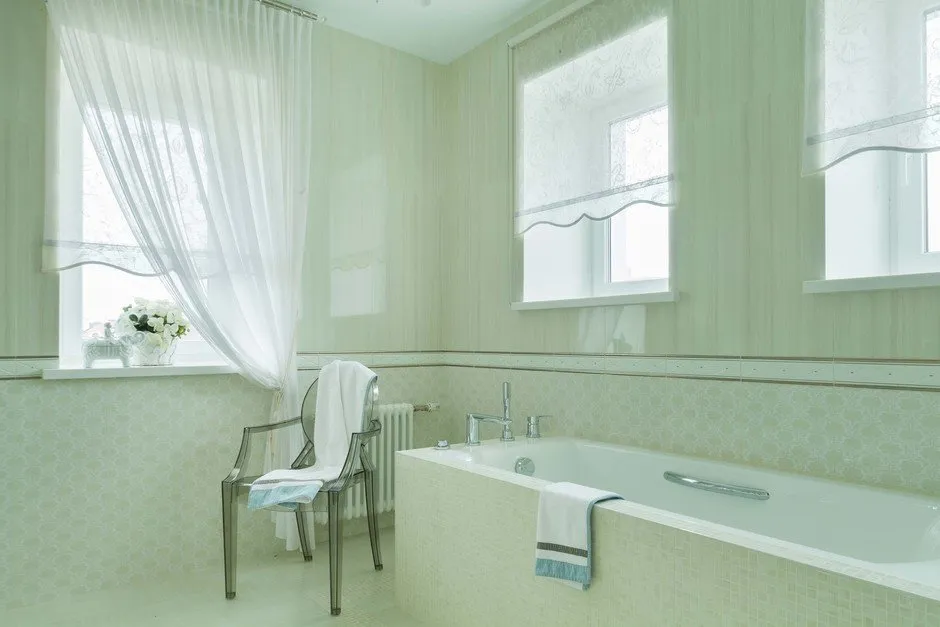
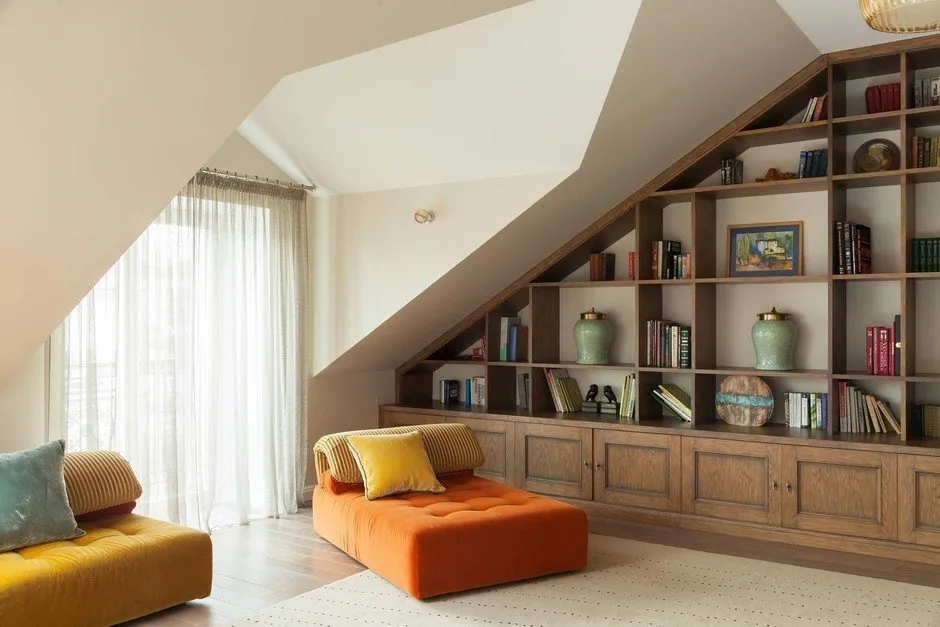 Classical and modern Italian style
Classical and modern Italian styleOrganic combination of simplicity of rural construction and bohemian design is largely similar to the concept of country and Provence styles. A distinctive feature of Italian interior is the scope of its reach. Several generations live under one roof, honoring family traditions and norms. Classical interior design assumes a large house where all relatives can gather around a wooden table.
Large windows, fireplace, heavy solid furniture, cast iron chandelier, abundance of antiques, small details and accessories, each with its own history and meaning. Walls are decorated with frescoes featuring Mediterranean themes and Venetian plaster. Massive columns, arches and ceiling adorned with lace-like carved moldings. Space zoning and panoramic glazing are welcomed here.
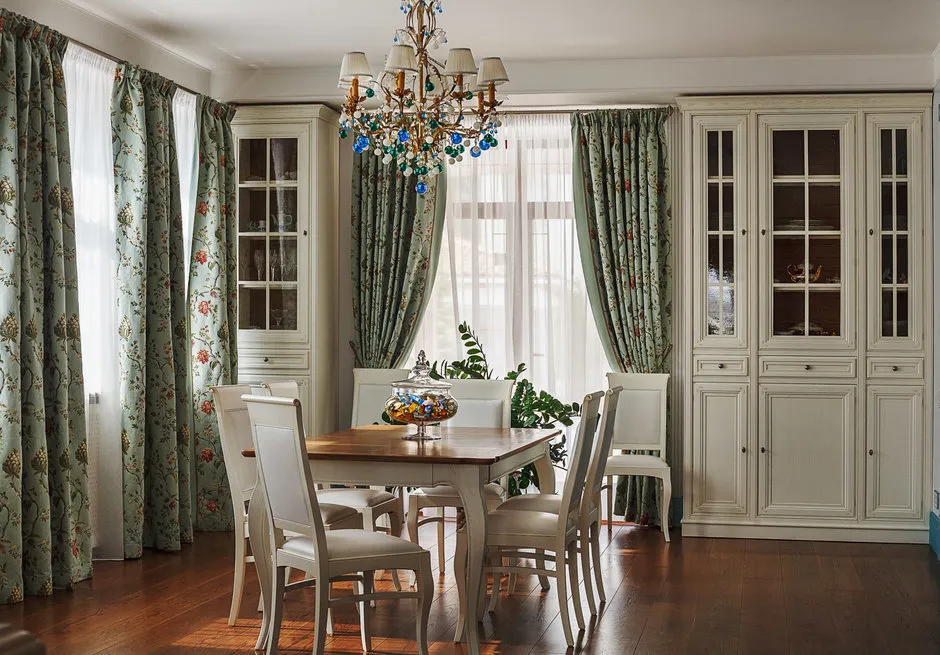 Design: Elena Lapshina design studio BERLOGA
Design: Elena Lapshina design studio BERLOGA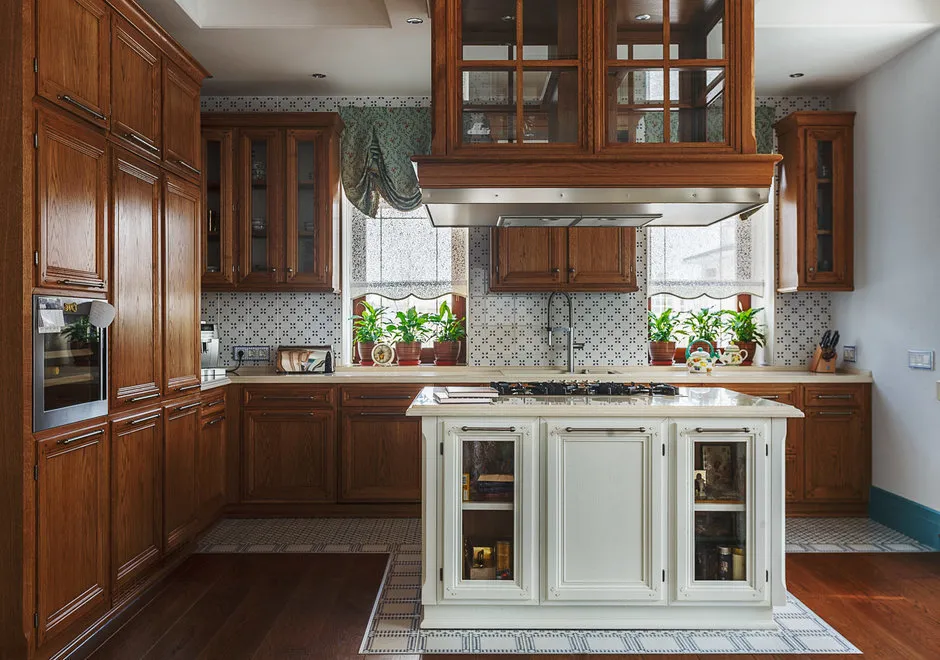
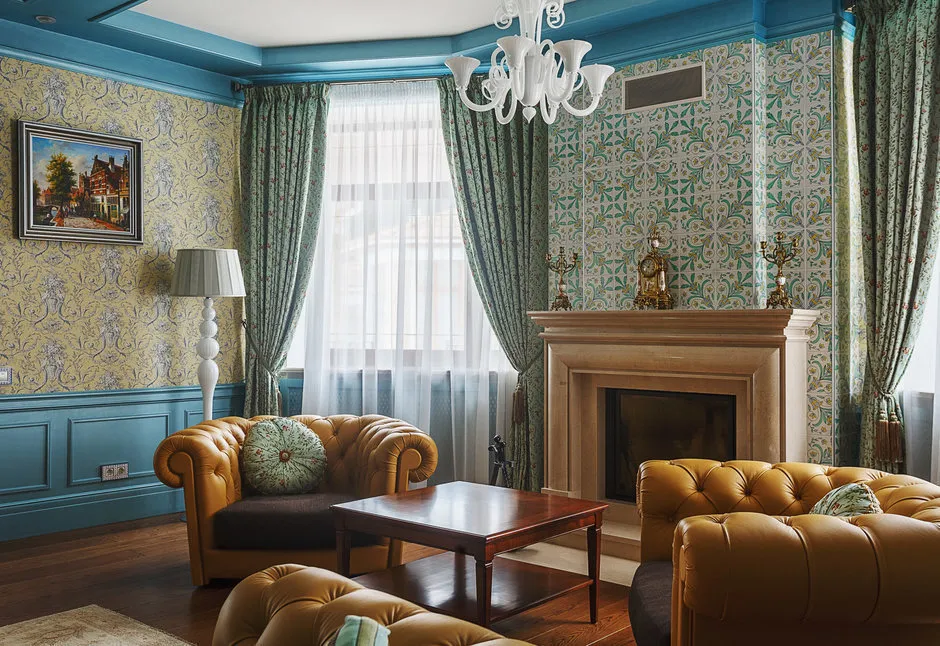
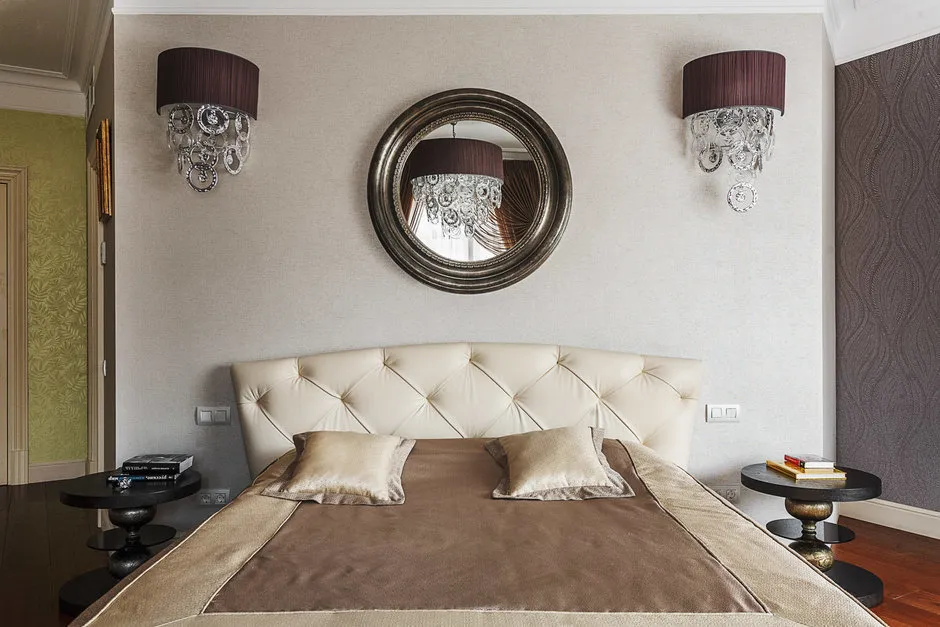
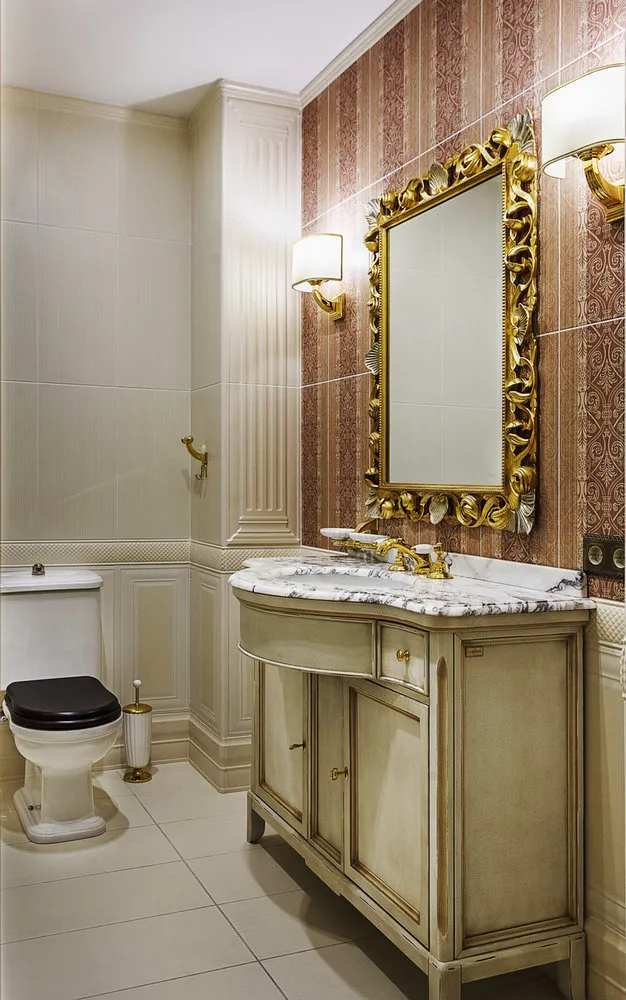
Italy has long been rightly considered a fashion leader in many areas - textile and furniture manufacturing, clothing and footwear production. Talented designs by designers and artists are popular worldwide. Based on rich cultural heritage, modern Italian interior style has formed.
Apartment decoration is interpreted as creating a unified art space filled with interesting decorative items and accessories - 3D paintings, bronze busts, vintage clocks. Creating a compact and functional space is the main task. The center of the house, as a rule, is a large modular sofa for communicating with guests and a compact bio fireplace. The trend is correct geometry of forms and bright color of upholstery.
Modern appliances and household items harmoniously coexist with antique décor. Magnificent reliefs and moldings look great with a large plasma TV, and crystal chandelier - with a mirror ceiling.
Correct geometry of furniture forms is opposed to the asymmetry of shelves and suspended racks. The modern direction welcomes non-standard configuration in room decoration.
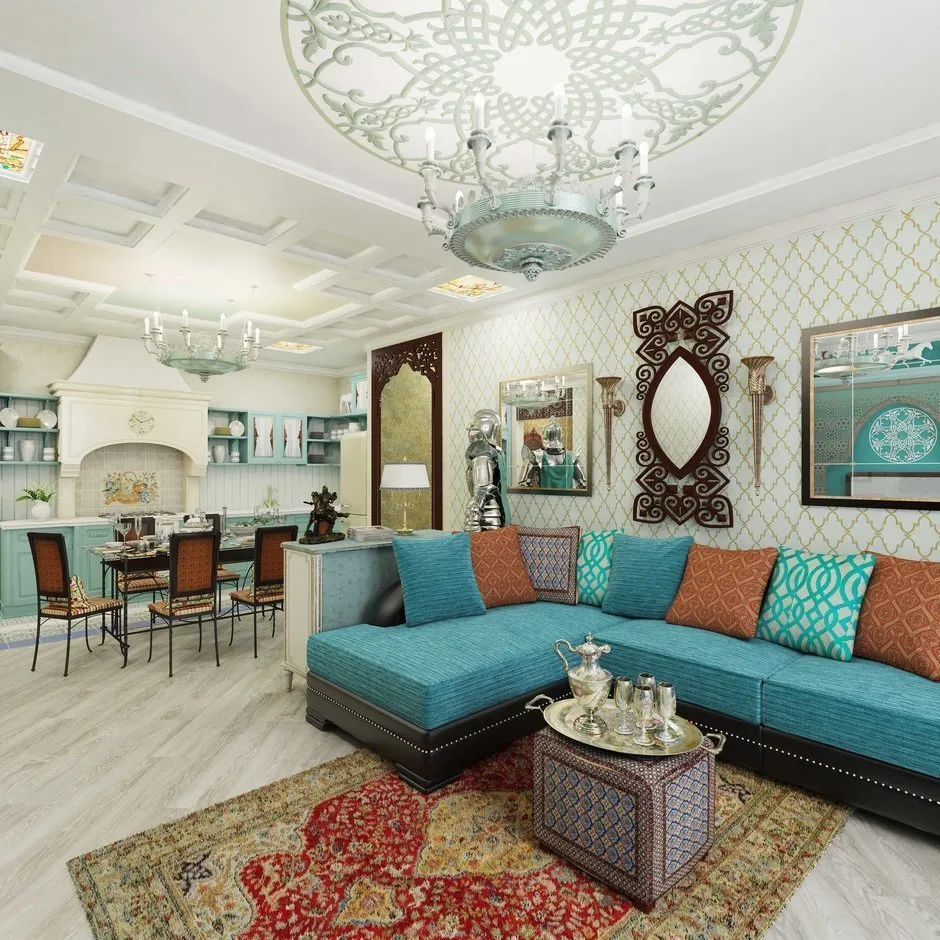 Design: Elena Bulagina
Design: Elena Bulagina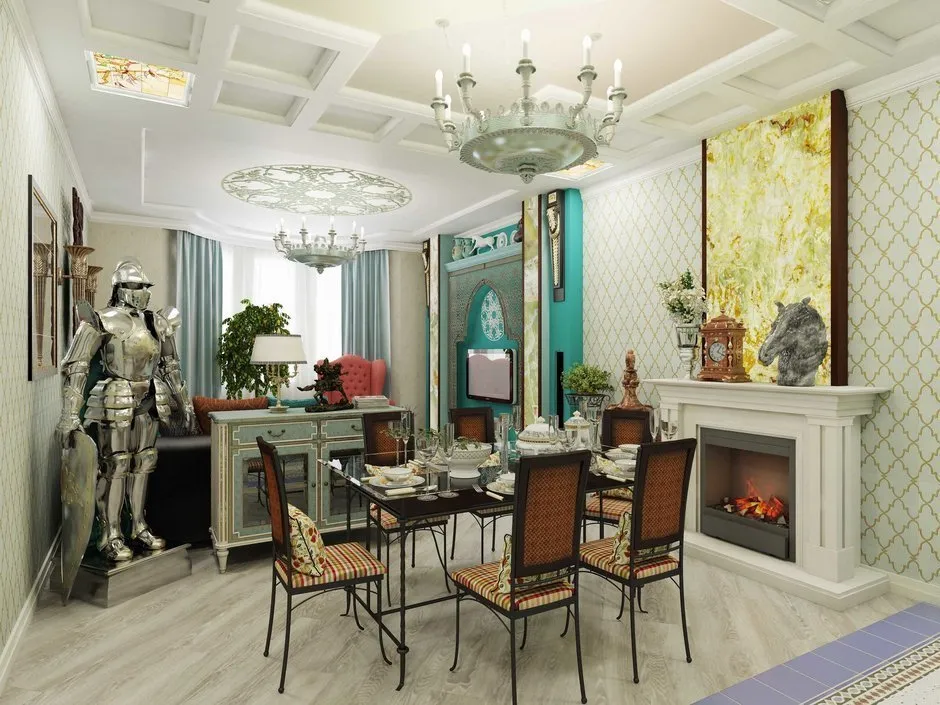
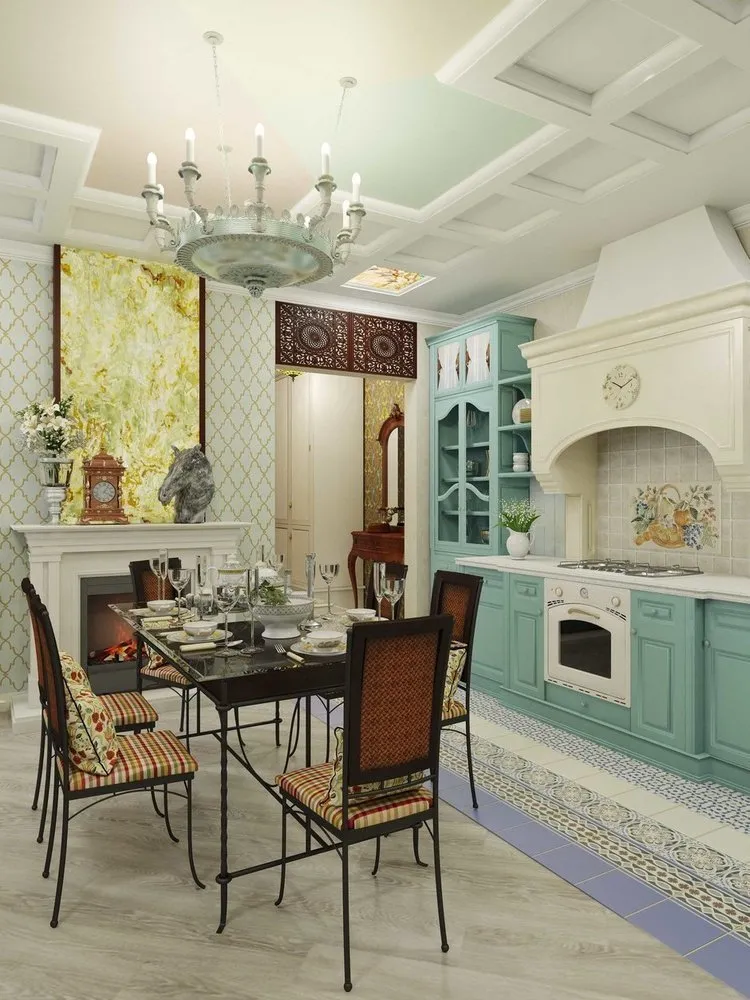 Italian style - ideas for interior design
Italian style - ideas for interior designItalian style is admired for its original décor and perfect execution of every detail in the interior. The atmosphere of comfort and homey warmth is its characteristic feature. Refined simplicity of sun-colored tones and use of natural materials emphasize unity with the surrounding landscape.
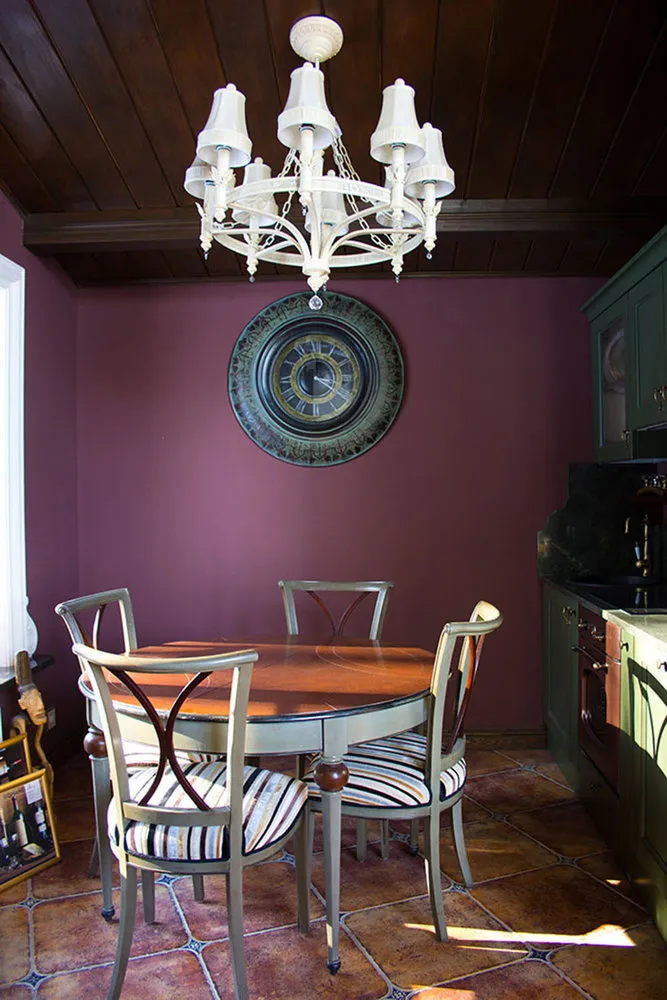 Design: Architect Valeriy Kaluzhny and Designer Olga Pavlova
Design: Architect Valeriy Kaluzhny and Designer Olga Pavlova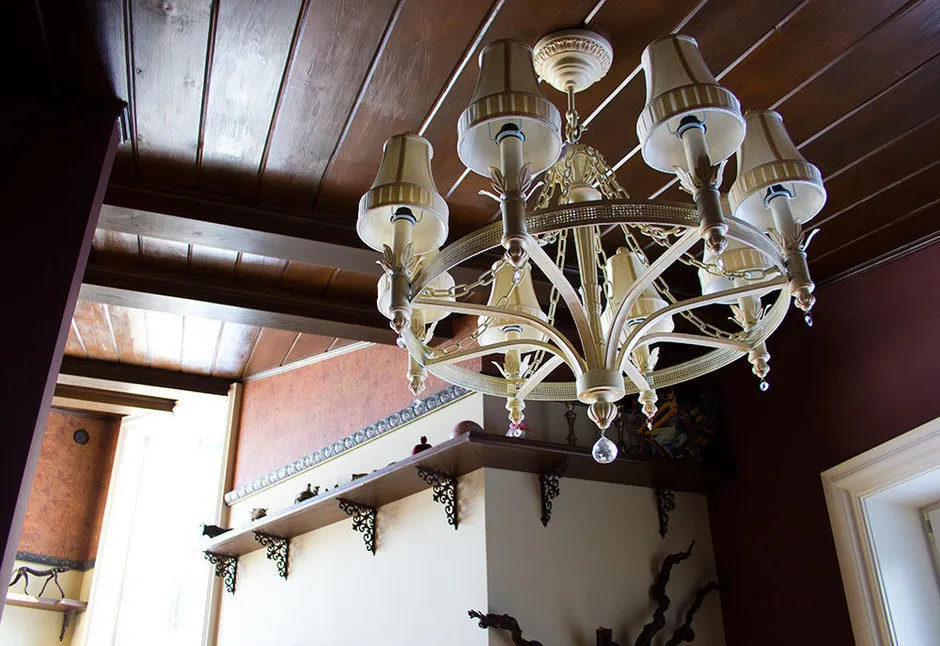
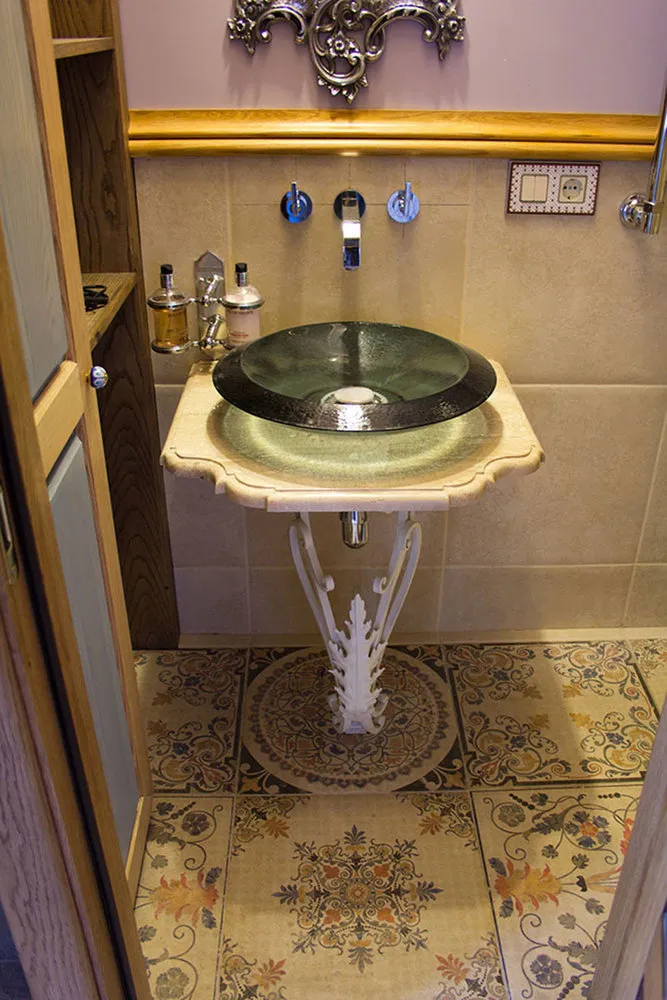 Living room - warm reception
Living room - warm receptionThe main difference of the living room in Italian style from other design directions is the symmetry of elements composing the interior, elegance of lines and minimalism of forms. There are no random accessories here, each is in its place. Status and expensive decorative items of high quality are used when decorating the interior.
Necessary furniture is acquired as a corner sofa in combination with footstools or a suite with armchairs. The central part of the living room is complemented by a small coffee table on curved legs. The fireplace - real or stylized - adds warmth to the room, and the space above it is decorated with a mirror in a heavy gilded frame. The acceptable number of large items in the interior equals the number of corners.
Textiles are used actively in Italian style - cushions on armchairs, throws on the sofa, curtains with lumbrekenes. Traditional fabrics in silk, velvet, jacquard, brocade and velvet. Multi-lamp chandelier with crystal suspensions and cast iron lamps complete the harmony of the space.
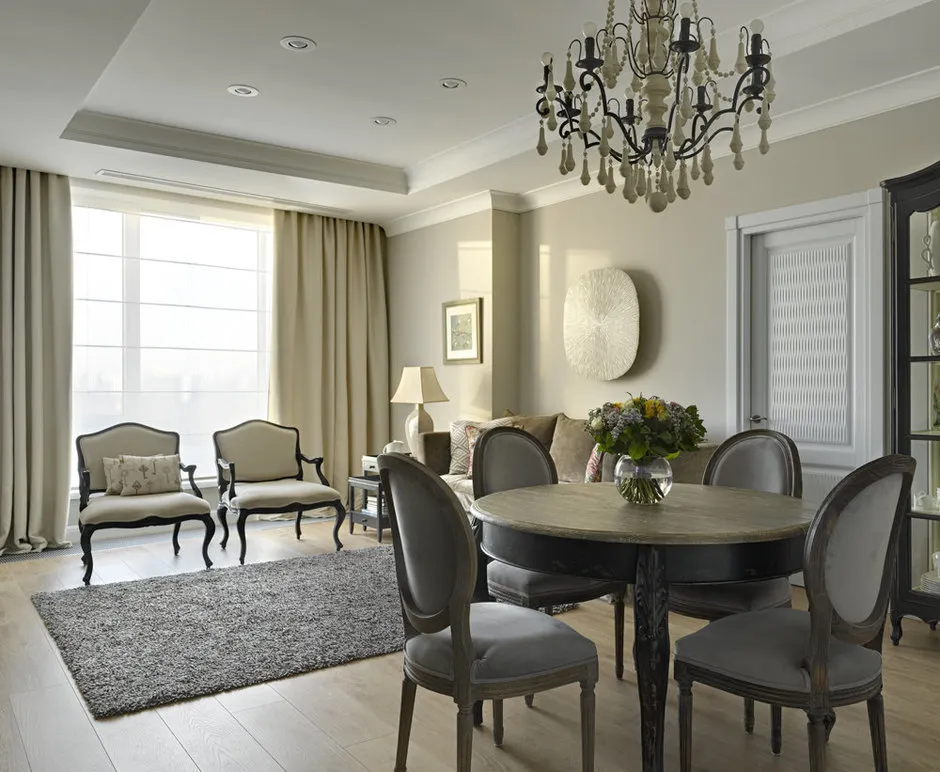 Design: Inna Tedzhoeva and Zina Broian
Design: Inna Tedzhoeva and Zina Broian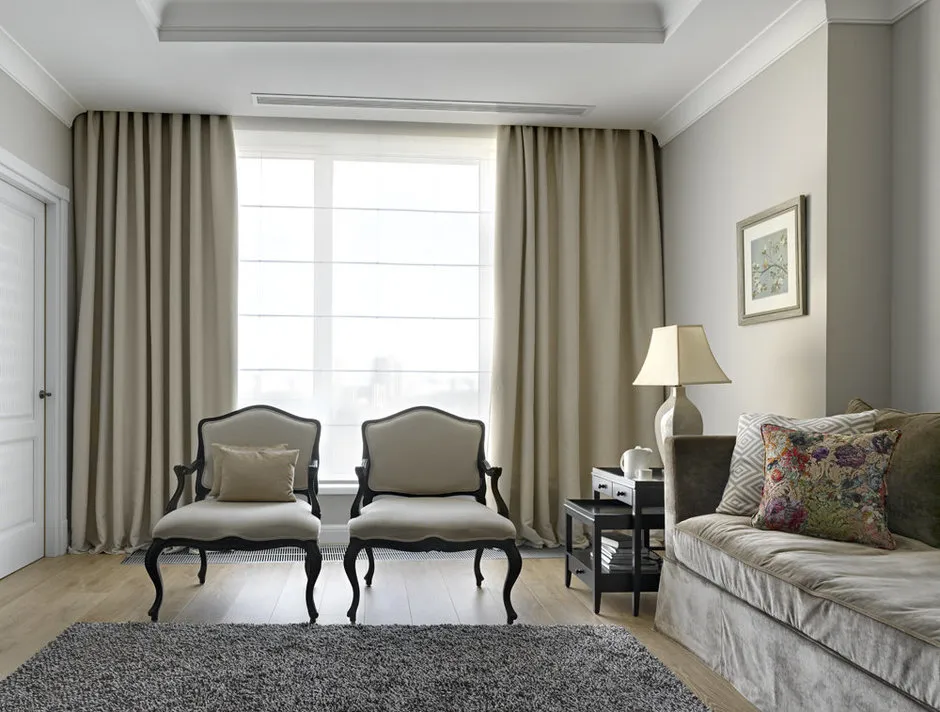
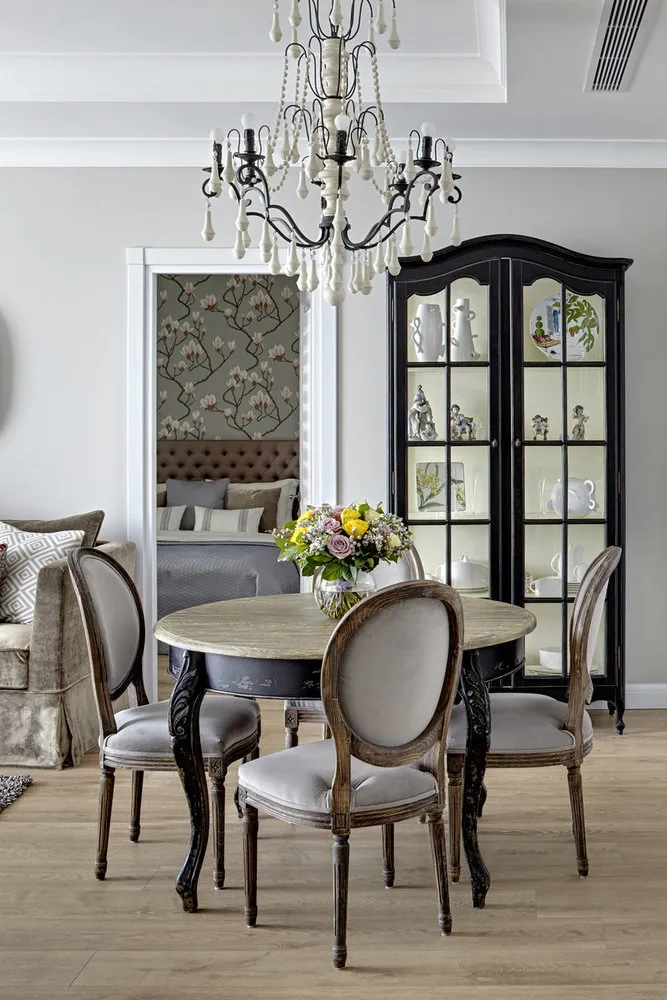 Bedroom - sweet dreams
Bedroom - sweet dreamsThe central place in the bedroom is traditionally occupied by a double bed with an elegant shape of the headboard. For Italian interior design, wood and soft textile or leather base with carat attachment are used. A romantic atmosphere will be created by a light canopy in pastel shades.
Small side tables with lampshades are placed on both sides of the bed. Wardrobes made from valuable wood species (oak, pine) in classical style are used for storing clothes. Soft poufs, a console table and a vanity table with a mirror in a heavy frame are essential elements of the bedroom in Italian style. The color palette is calm.
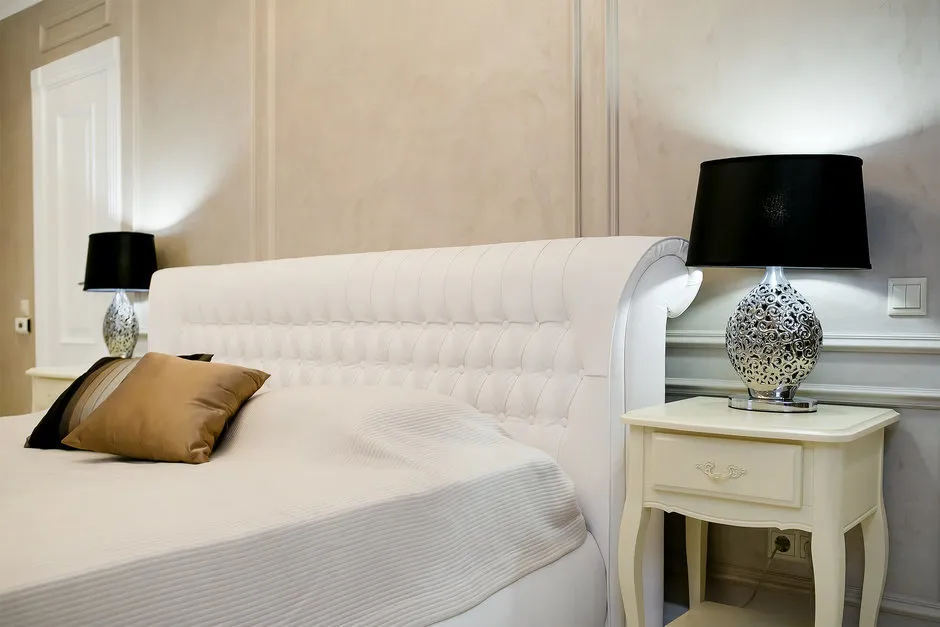 Design: European Interiors Laboratory Grani Studio
Design: European Interiors Laboratory Grani Studio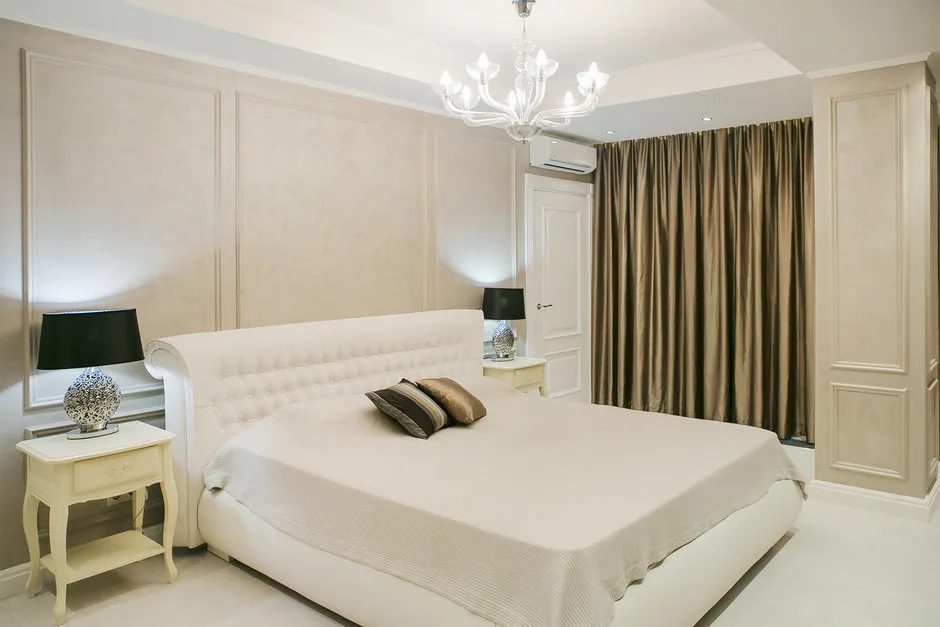
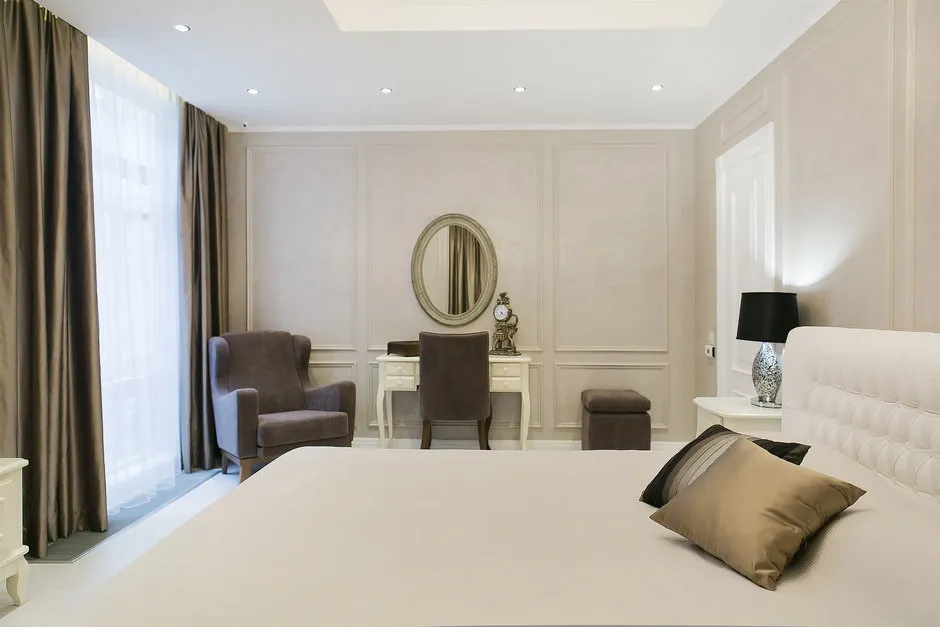
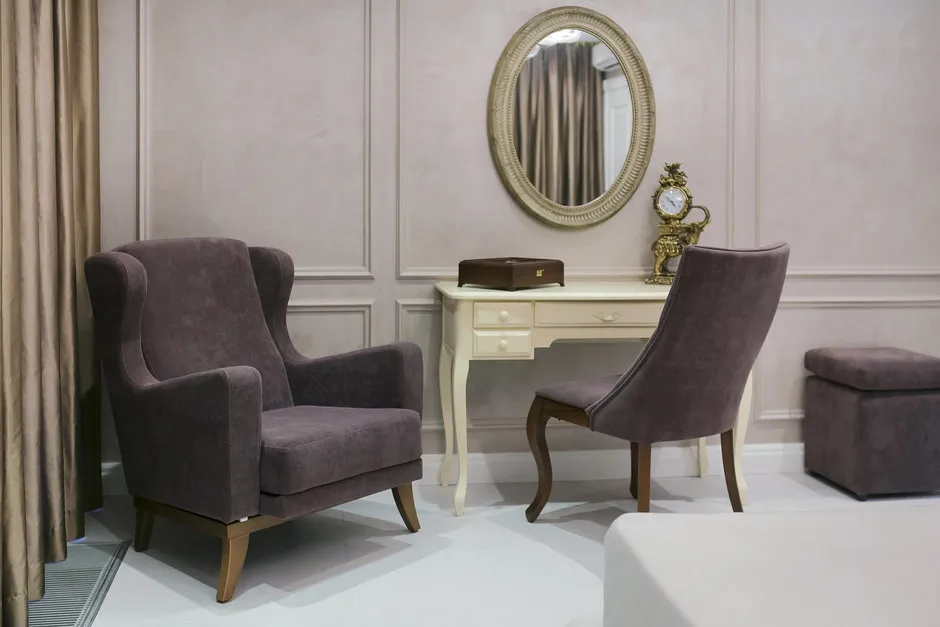 Kitchen - delicious treats
Kitchen - delicious treatsDistinctive design of the kitchen in Italian style does not tolerate artificial materials and an abundance of glass facades. The cabinet is necessarily solid with a rough texture and cast hardware, giving an impression of antique furniture. As if it had been used by not just one generation. The center of attraction is a large solid table made of solid wood and many stools.
Kitchen utensils are constantly visible, while modern appliances should be hidden behind carved facades. Furniture is arranged symmetrically, traditionally an abundance of storage spaces for food and dishes. The decoration of the kitchen is a small still life in wooden frames, greenery in pots, garlic braids, frescoes or panels.
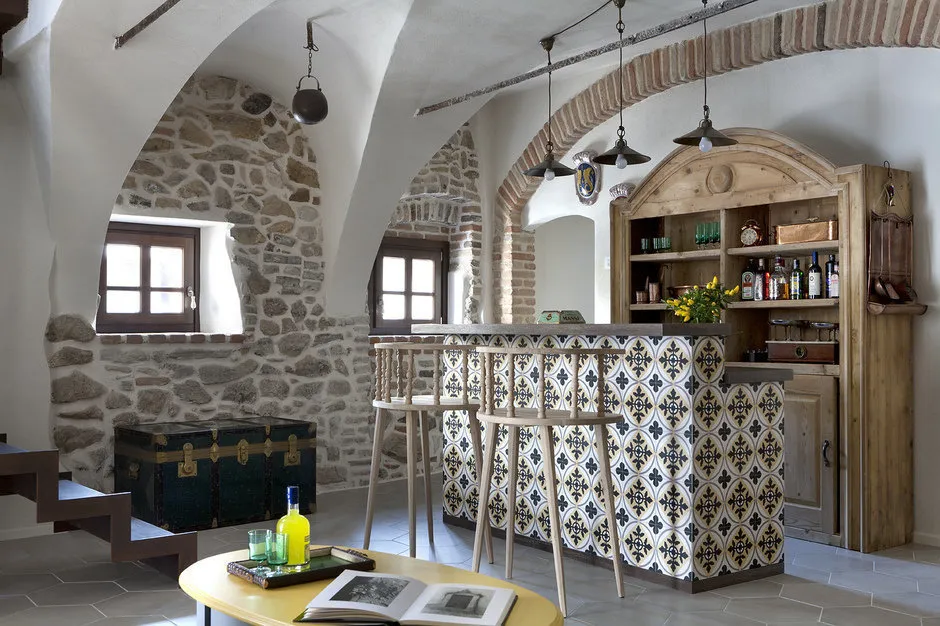 Design: Zhenya Zhudanova
Design: Zhenya Zhudanova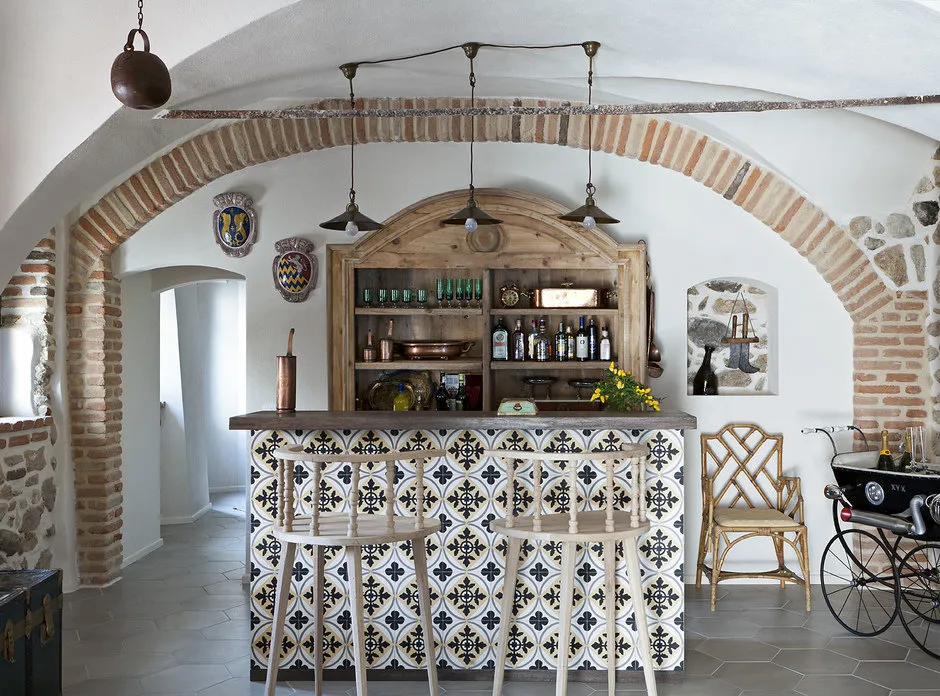
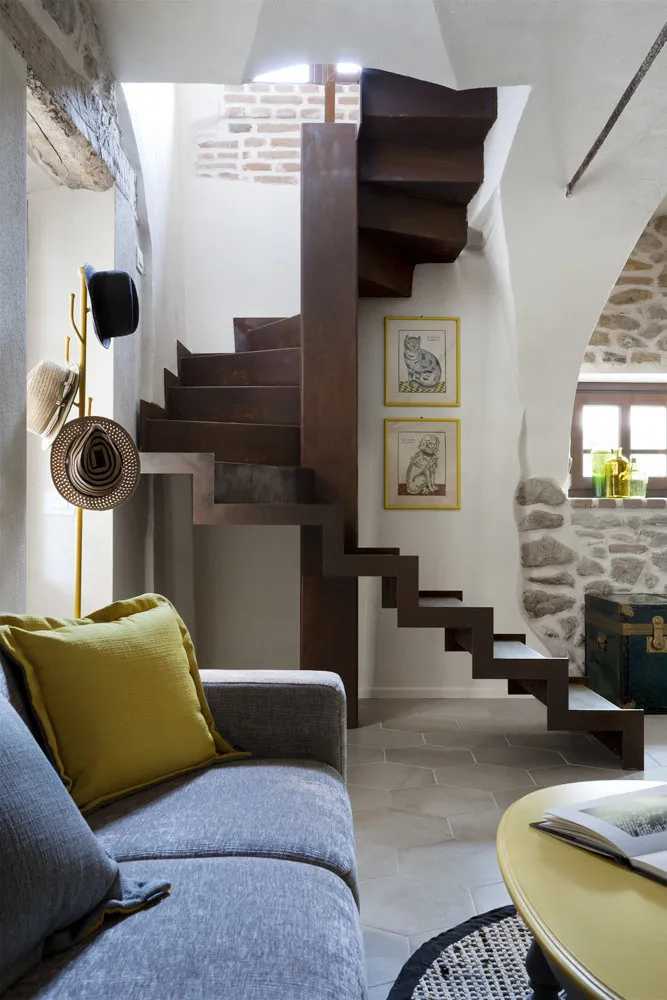 Bathroom - sounds of the sea
Bathroom - sounds of the seaThe bathroom in Italian style invites to relaxed and calm time. Wall finishing uses Venetian plaster or volumetric tiles with a simple design. Additionally, walls are decorated with a mosaic panel. In the classical variant of bathroom decoration in Italy, a natural light source is provided. Privacy was ensured by dense curtain fabric. In the modern variant, several types of artificial lighting are used.
Bathroom furniture attracts attention not only for aesthetic reasons but also for practicality - it is resistant to high humidity, ergonomic and easy to maintain. Color - classic white gloss. The bathtub, if space allows, is placed in the center.
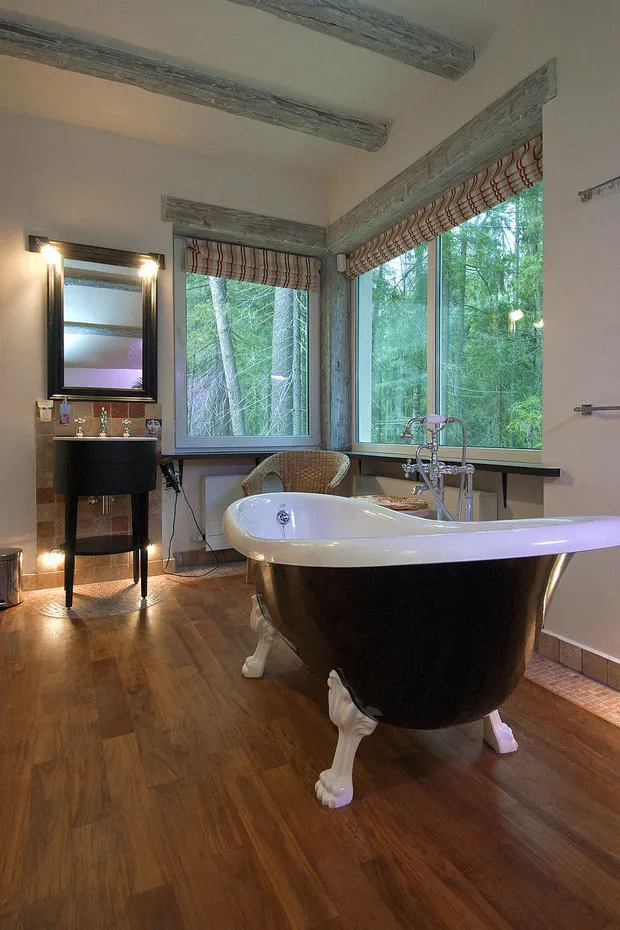 Design: Elena Kazimirova
Design: Elena Kazimirova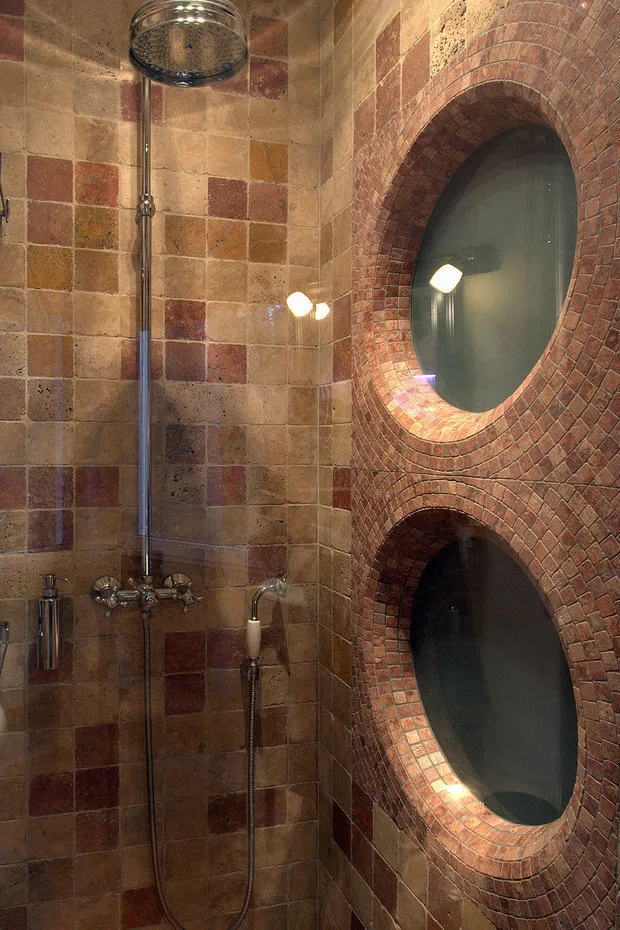 Foyer - simple solutions
Foyer - simple solutionsThe foyer is no less important room than the kitchen or living room. It becomes the starting point of the interior of the living space. The decoration of the corridor in Italian style depends on its dimensions. With sufficient area, a wardrobe for outerwear and footwear, a console table with a mirror, a comfortable pouf or bench are placed in the foyer.
With insufficient space, wooden coat hangers and key tables are limited to. As decorative items, paintings in gilded frames, mirrors of various configurations and candle-shaped lamps are used.
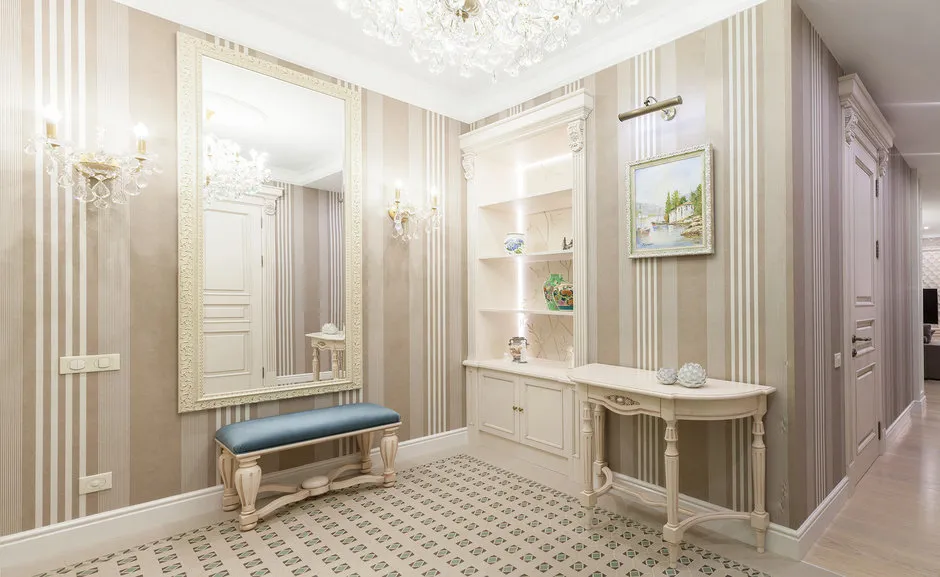 Design: ZE-MOOV HOME studio
Design: ZE-MOOV HOME studio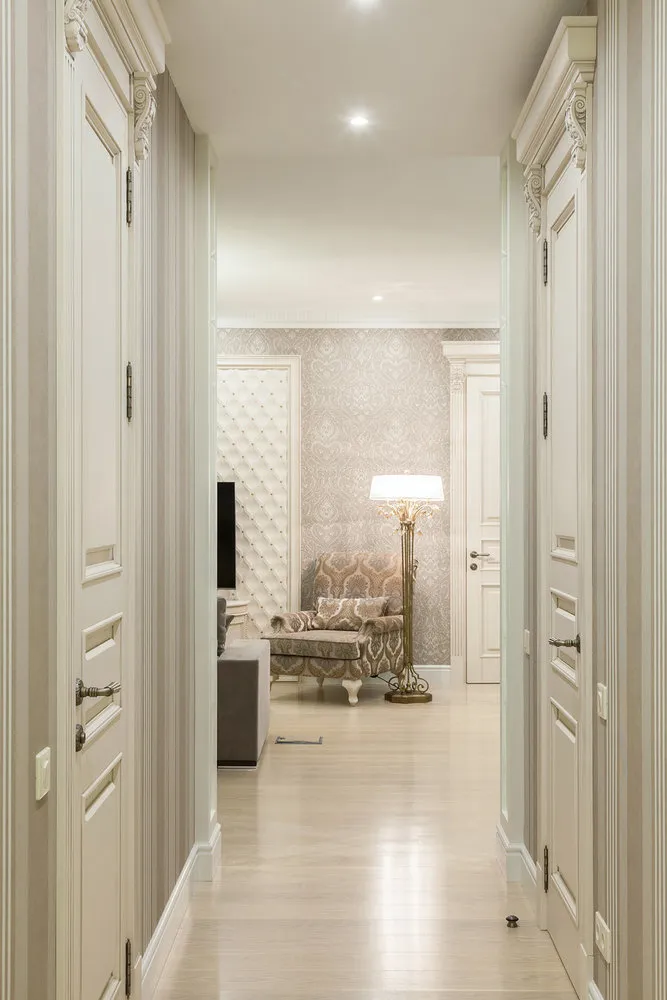
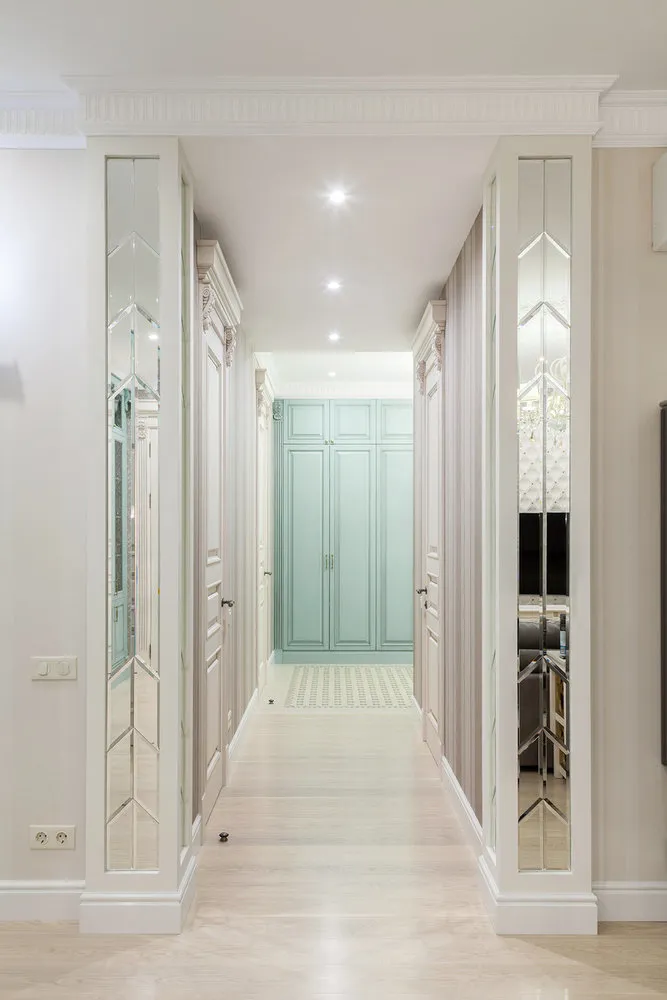
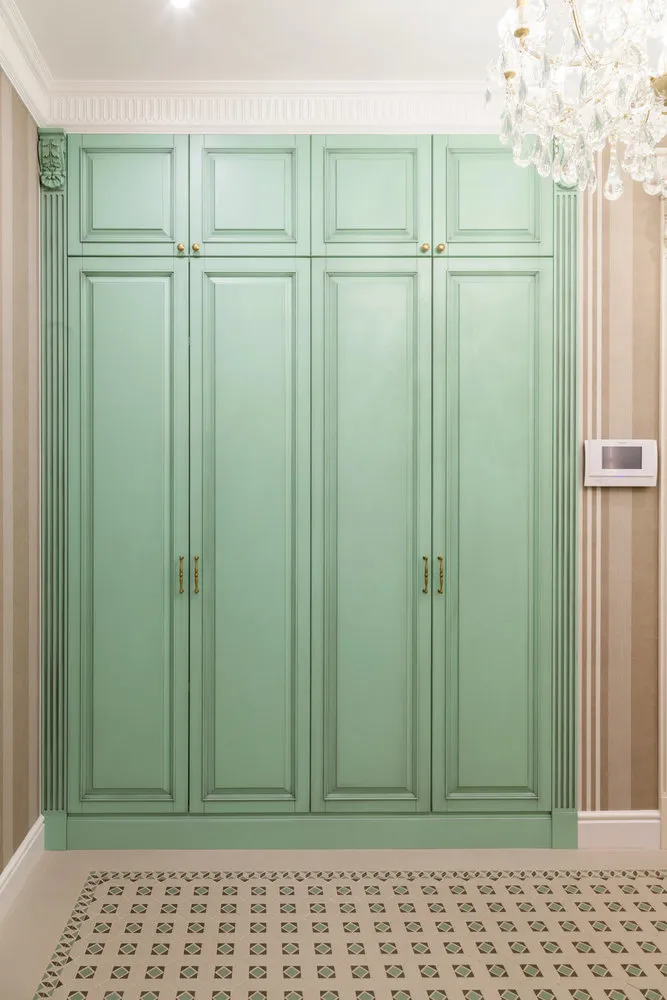 Fine details of Italian style
Fine details of Italian styleThe feeling of elitism and luxury in living space is created through careful selection of building materials for internal finishing.
Venetian plaster - classic, relevant at all times. It creates the effect of refined casualness. Active zones in interior spaces are highlighted with stone masonry, frescoes or decorative panels.
The ceiling height directly affects the choice of finishing material. Visually, the space is increased by a mirror panel in tandem with a crystal chandelier. Gypsum moldings and wooden beams will organically fit into a room with high ceilings. Stylish luxury will be added by lace-like carved moldings and reliefs.
Parquet boards, oak veneer or granite tiles are used as floor covering. Carpets are not typical for Italian interiors. In northern latitudes, it is recommended to install a "warm floor" system.
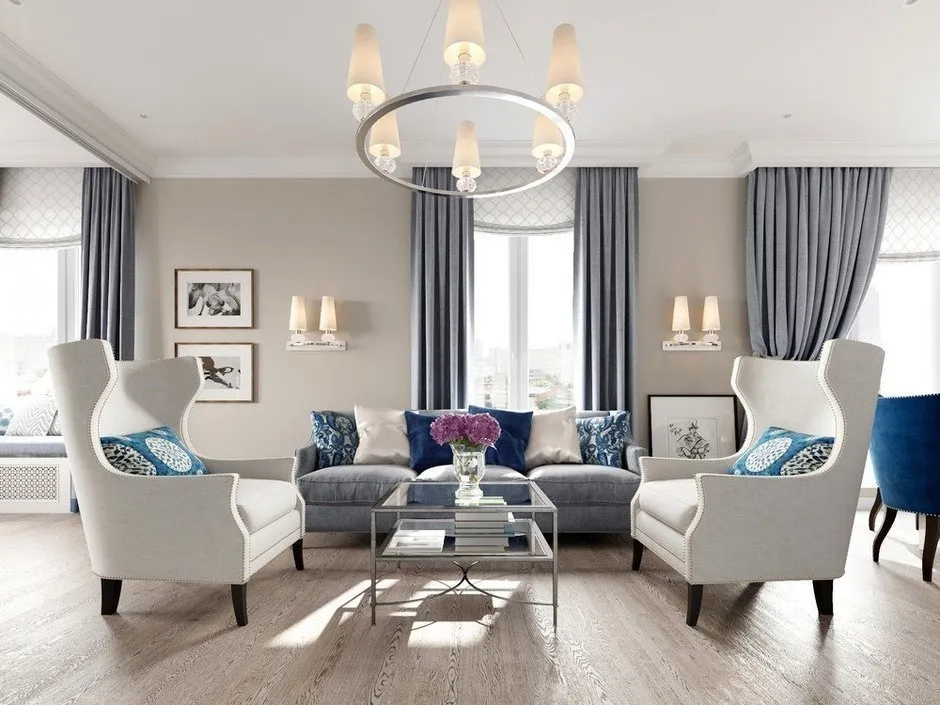 Design: Interior Design Studio "Pavel Polynov"
Design: Interior Design Studio "Pavel Polynov"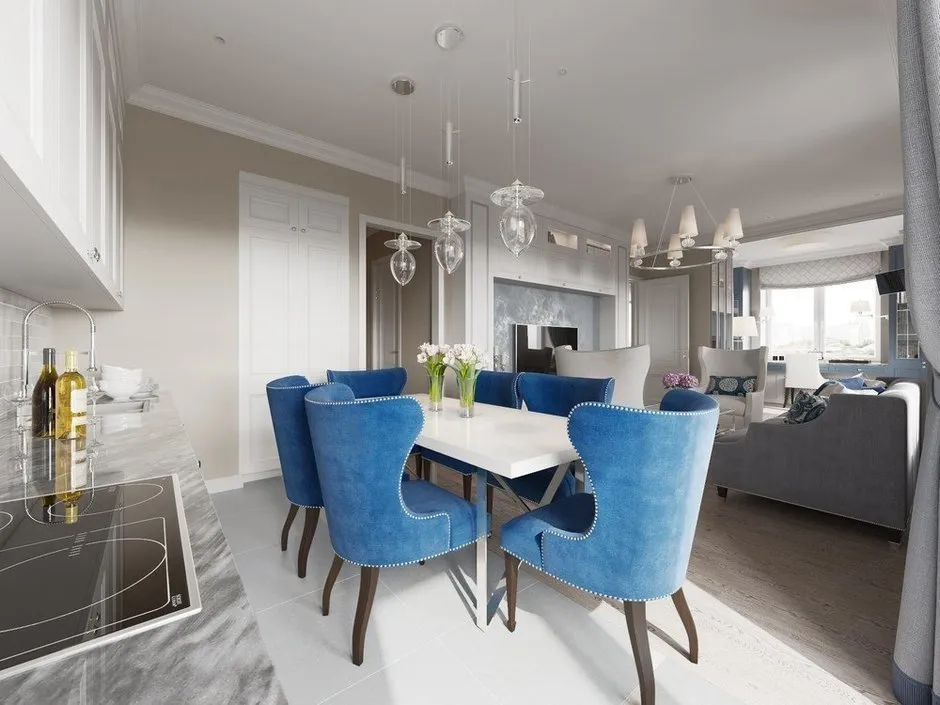
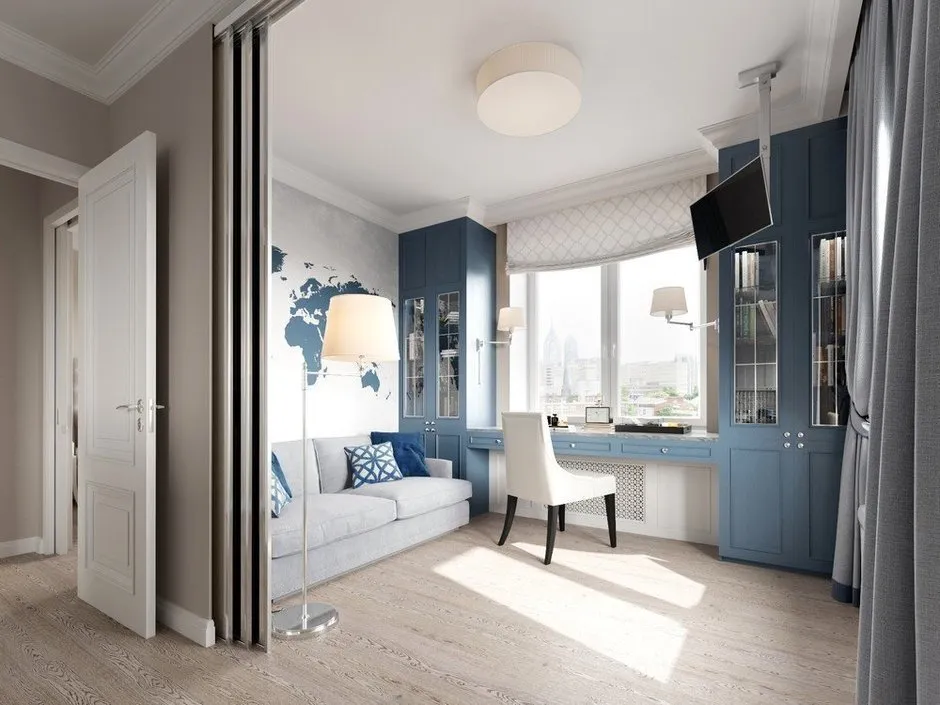
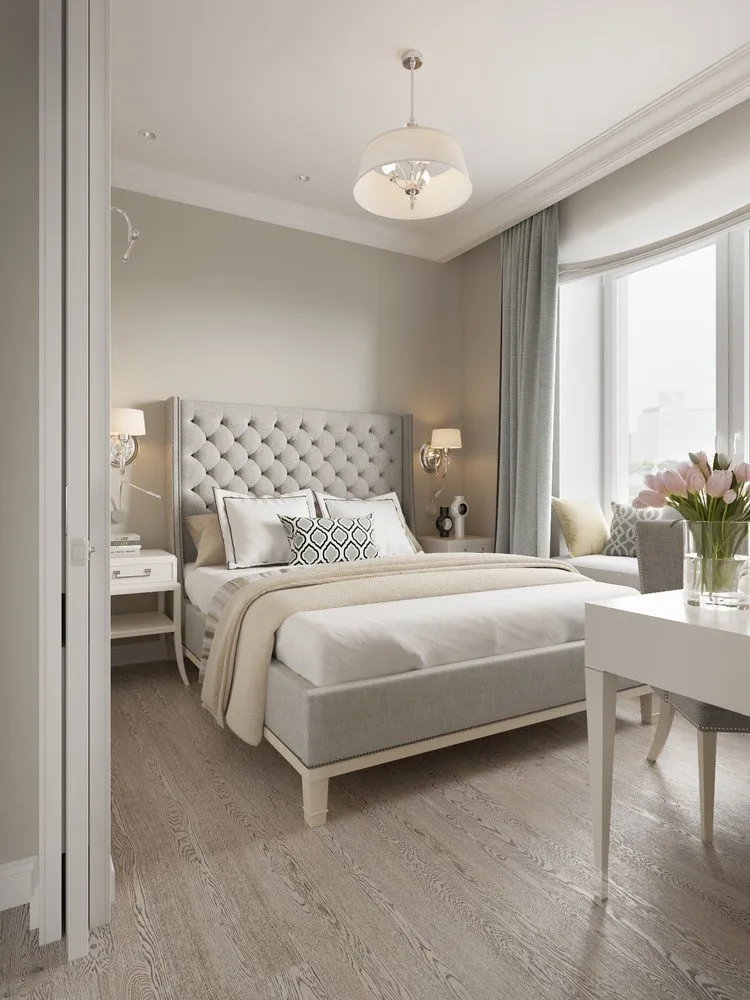
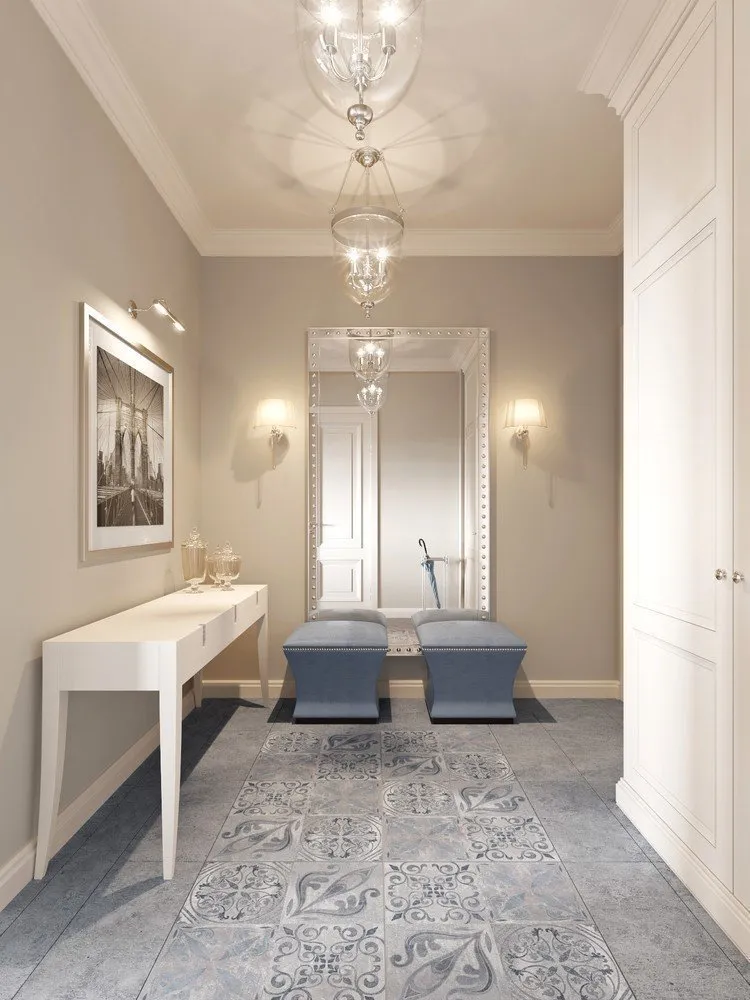
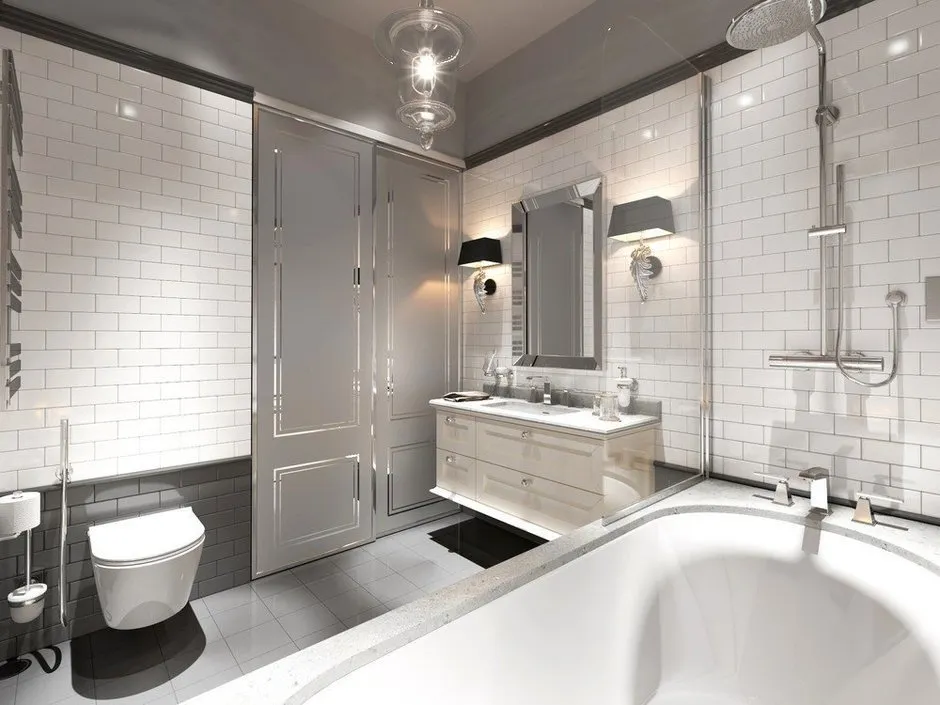 Color palette
Color paletteThe Mediterranean landscape is characterized by special abundance of colors - azure shades of sky and sea, rich green palette, fruits and flowers. In such an environment, there is no need to add a colorful palette to the interior. The basis of Italian style is calm, natural shades - beige, terracotta, olive, ochre. The color solution of the Tuscan house is a canvas or basis for furniture, textiles and decor.
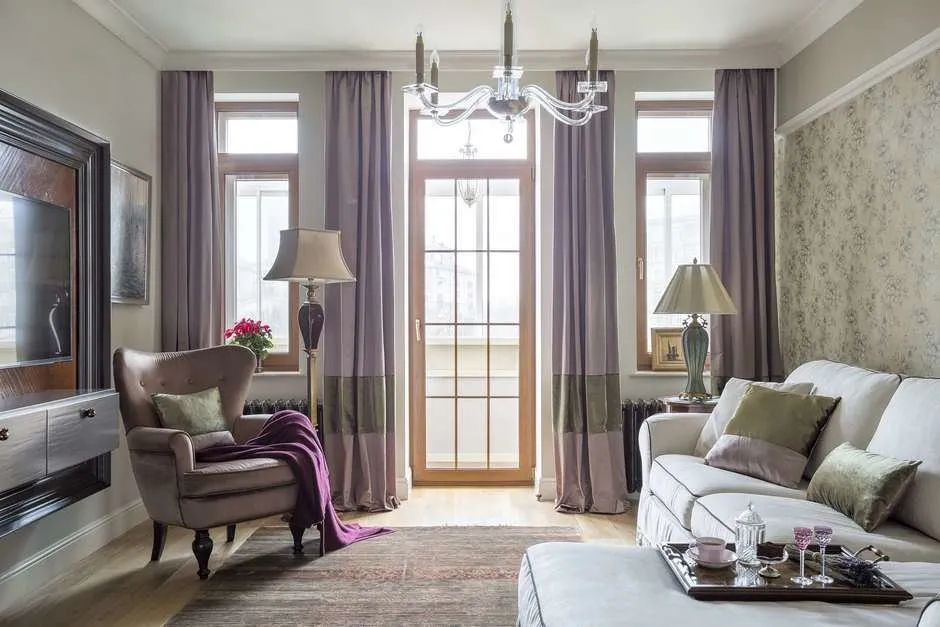 Design: dots&points
Design: dots&points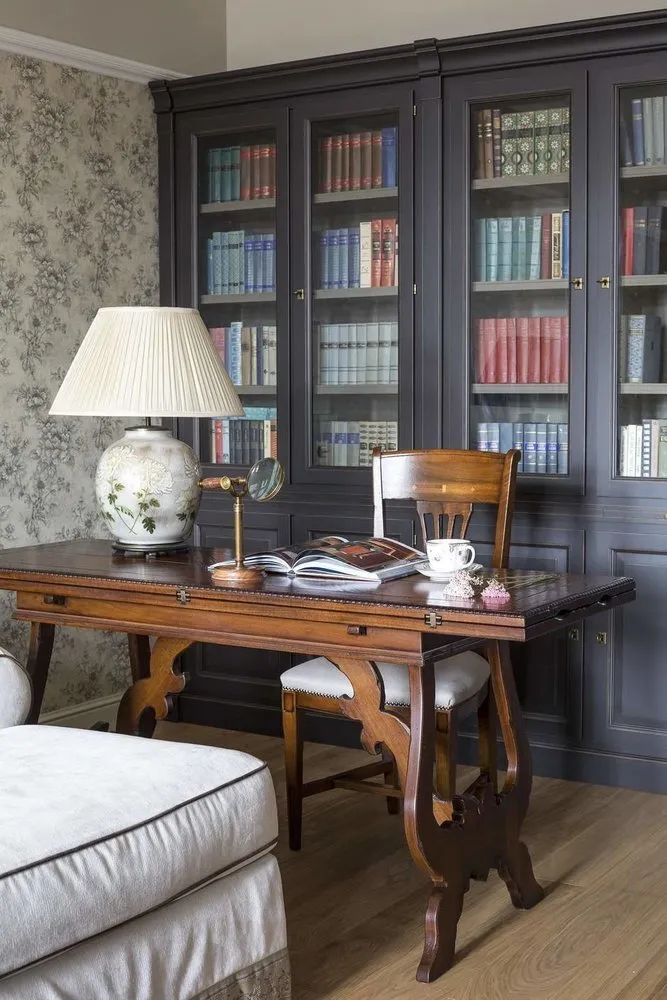
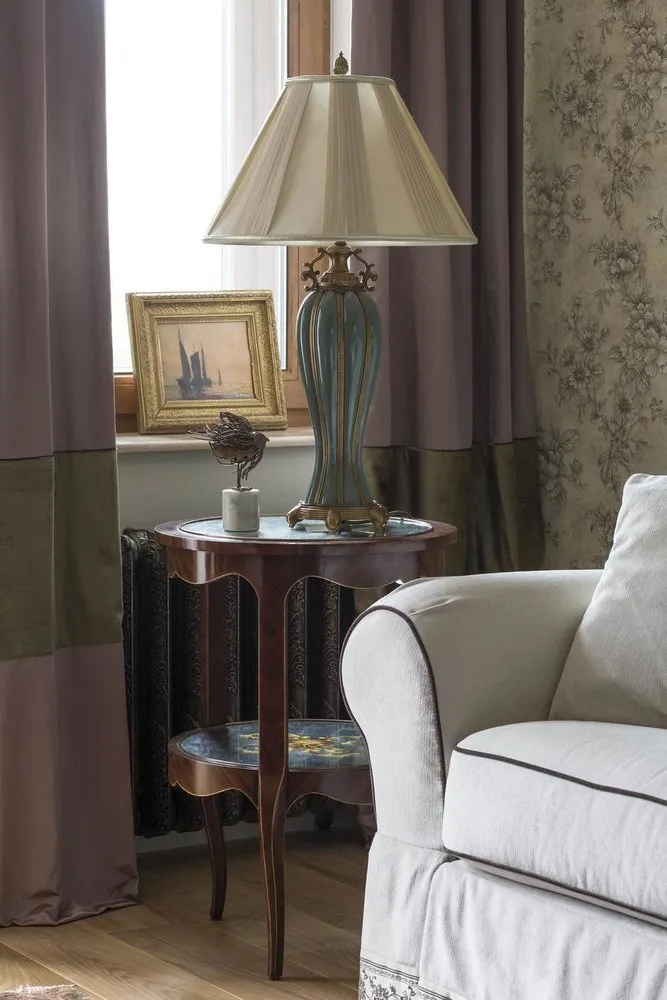
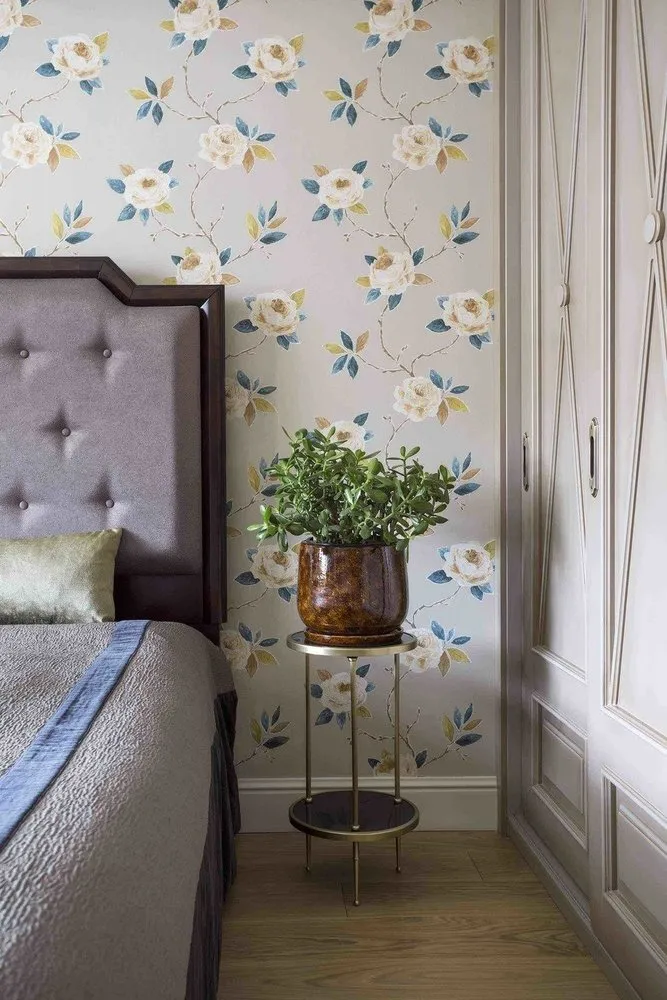
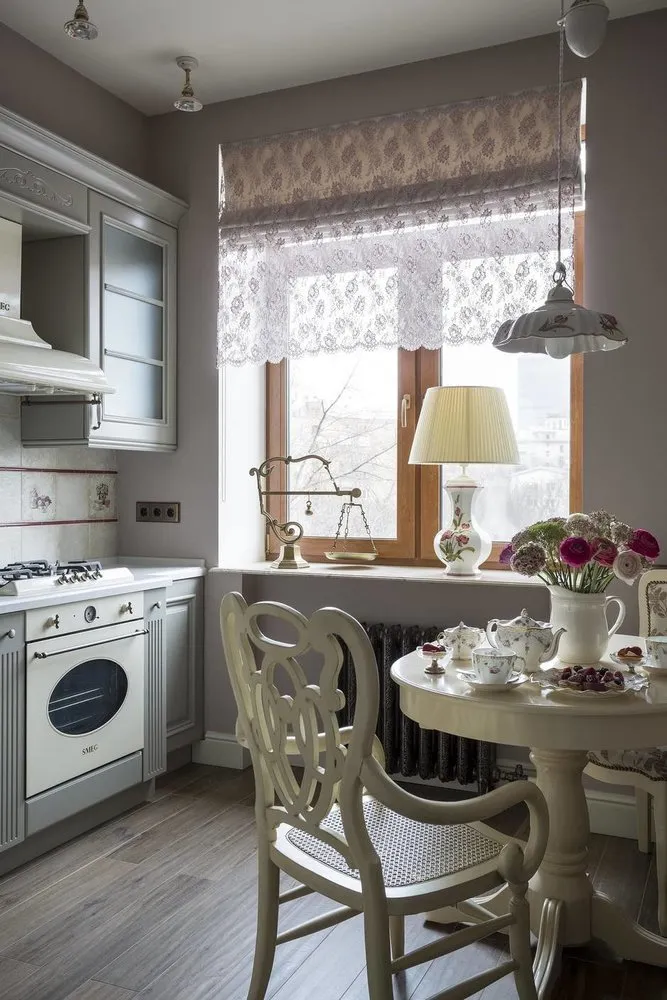
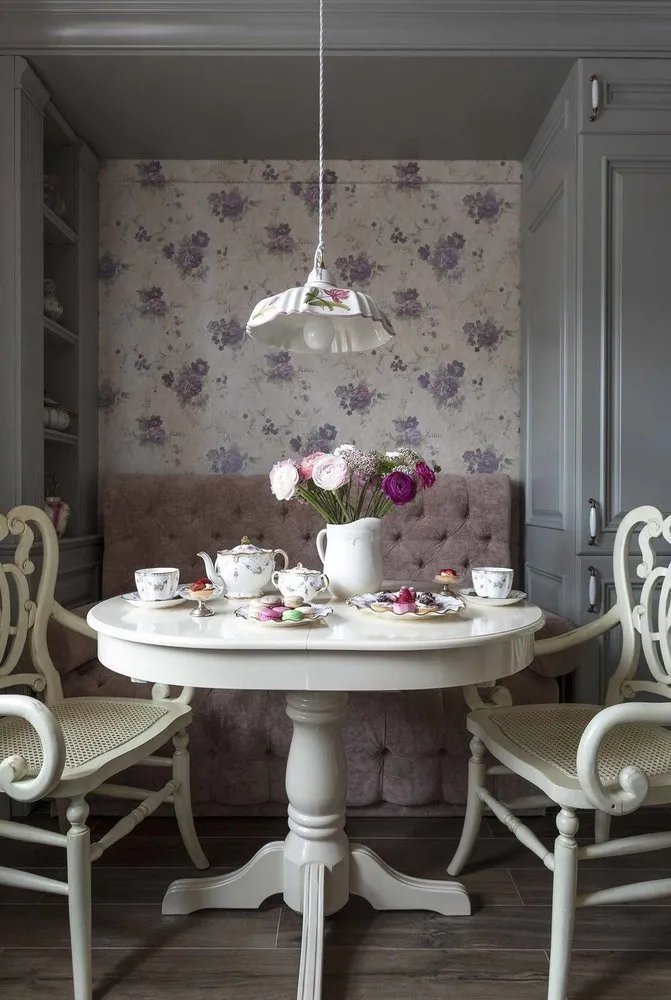
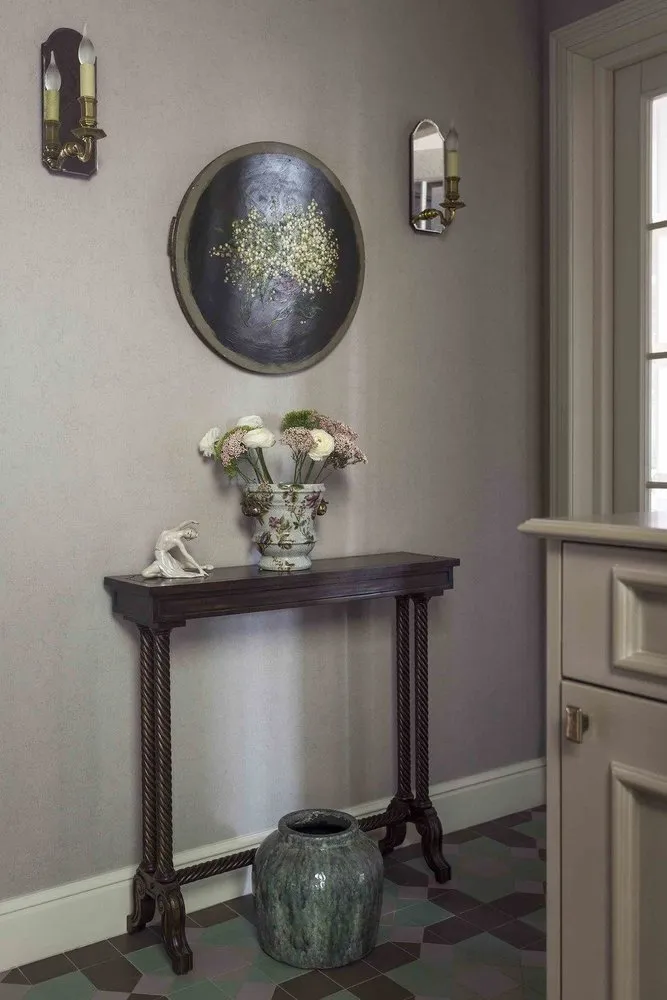
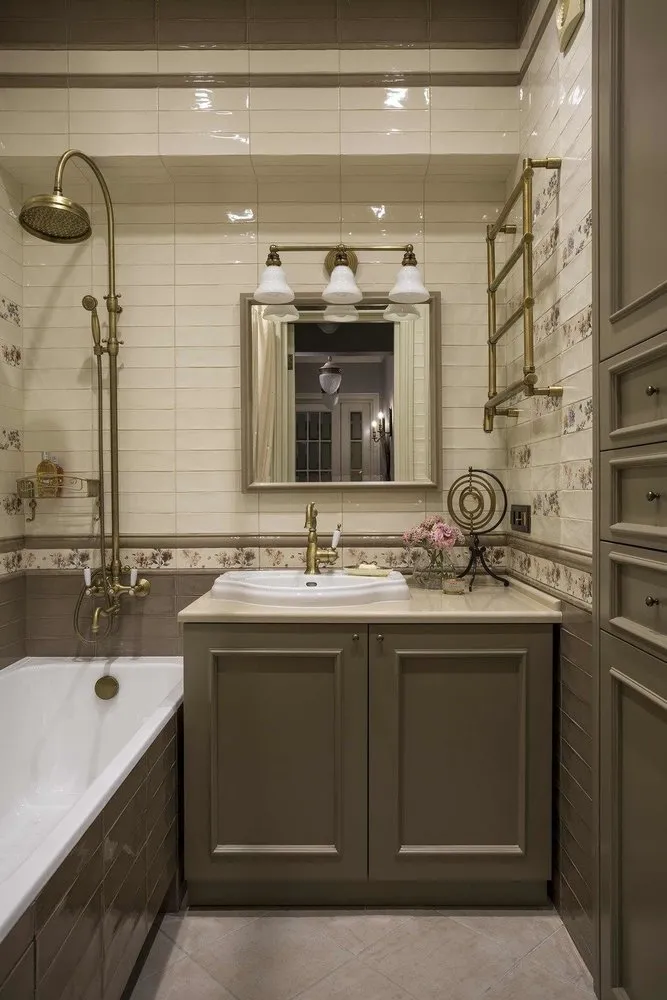 Furniture selection in Italian style
Furniture selection in Italian styleItalian furniture combines refined shine and aristocracy. In the classical variant of furnishing, only valuable wood species are used. Decorative elements are smooth forms and curves, swirls and wavy patterns. The upholstery of chairs and sofas is distinguished by high quality fabric or leather. Cast elements, gilding and bronze inlays create an atmosphere of respectable refinement.
For those who appreciate natural aesthetics, furniture with simple configuration and casual finishing will be suitable. Without excessive details and hardware.
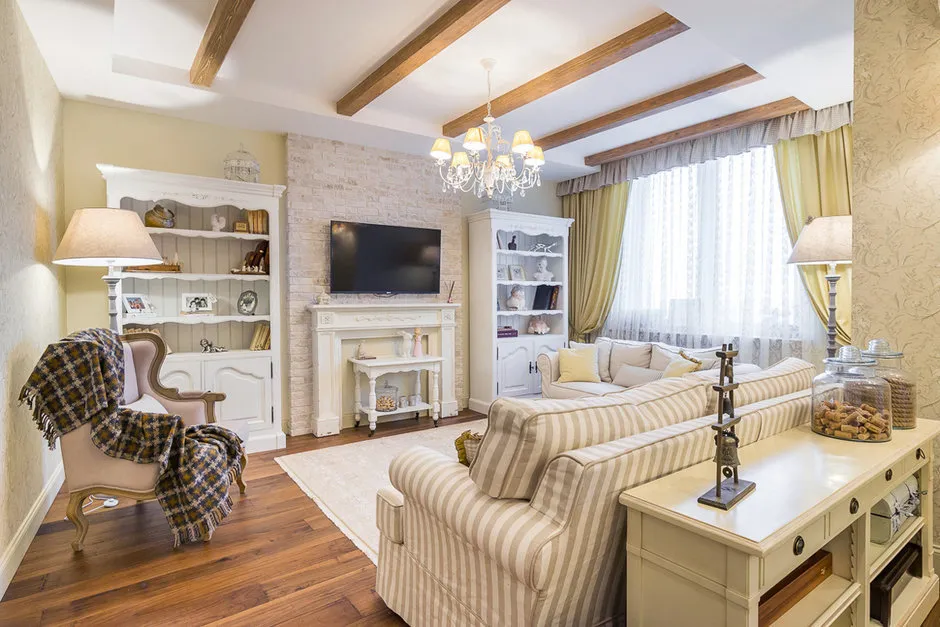 Design: Svetlana Yurkova
Design: Svetlana Yurkova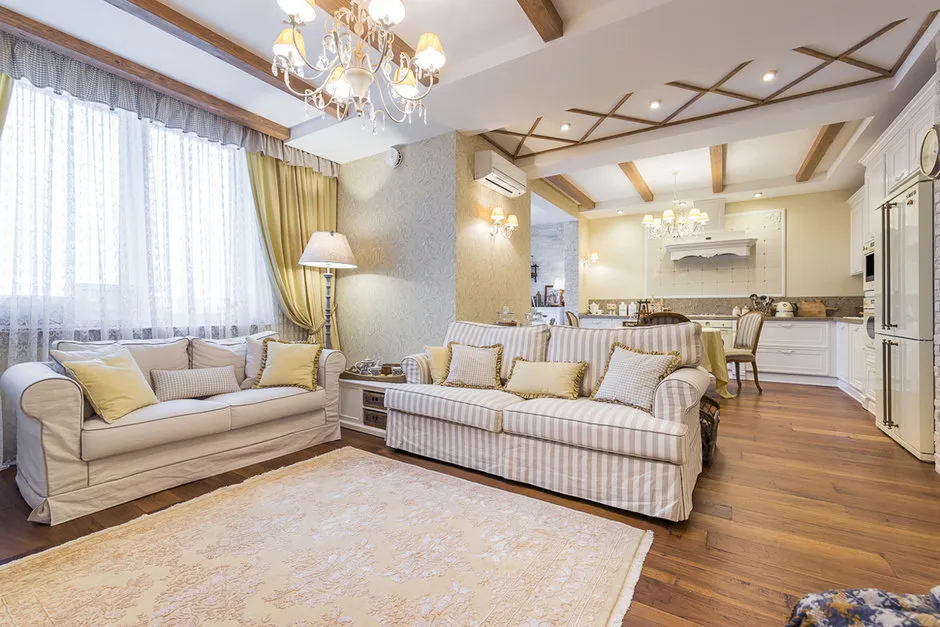
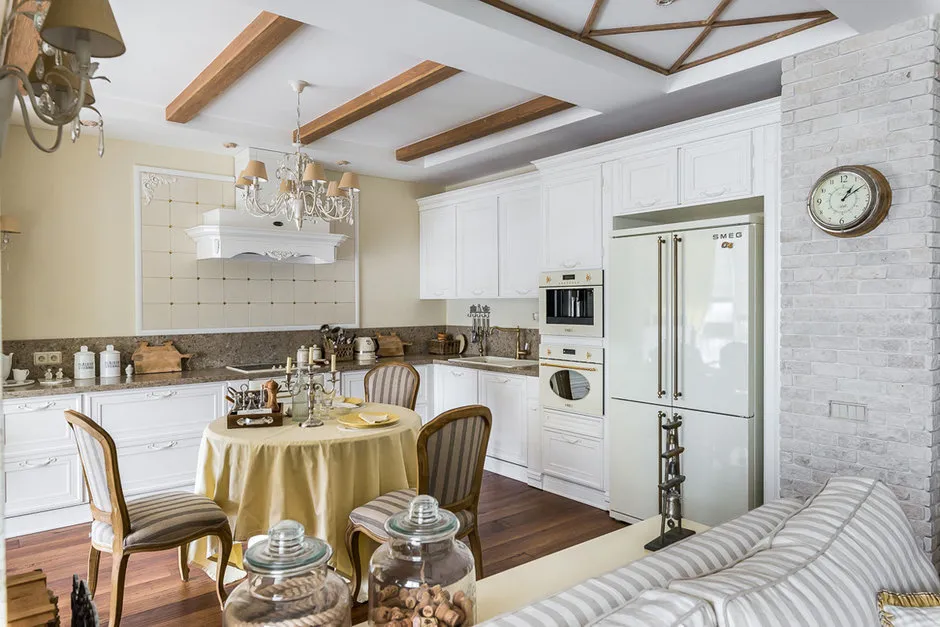
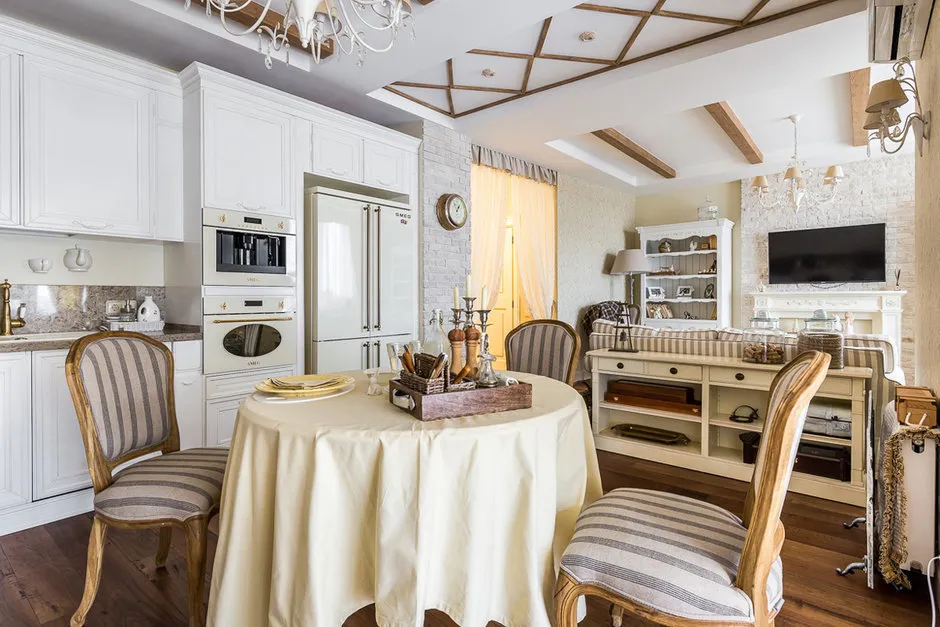
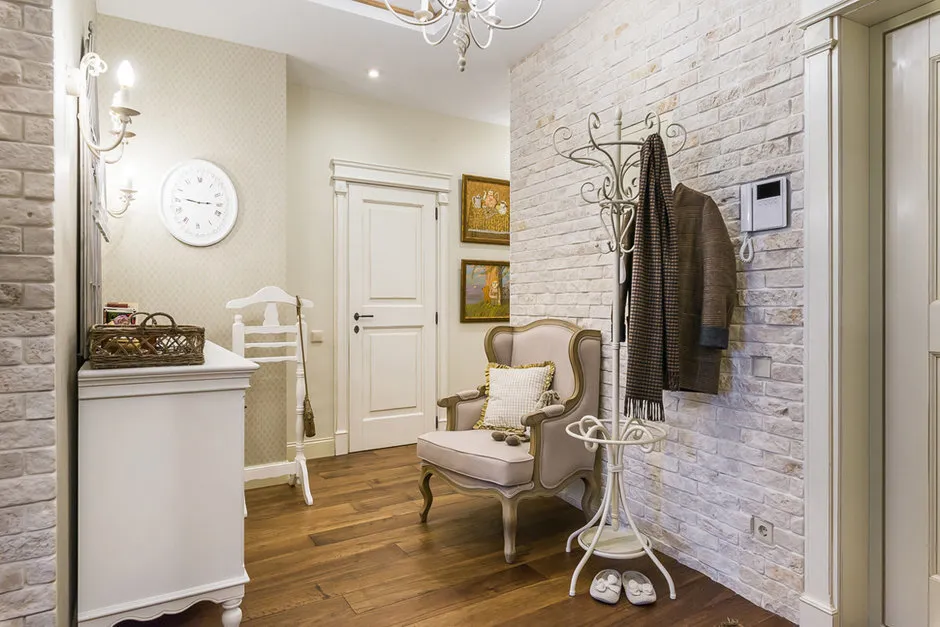
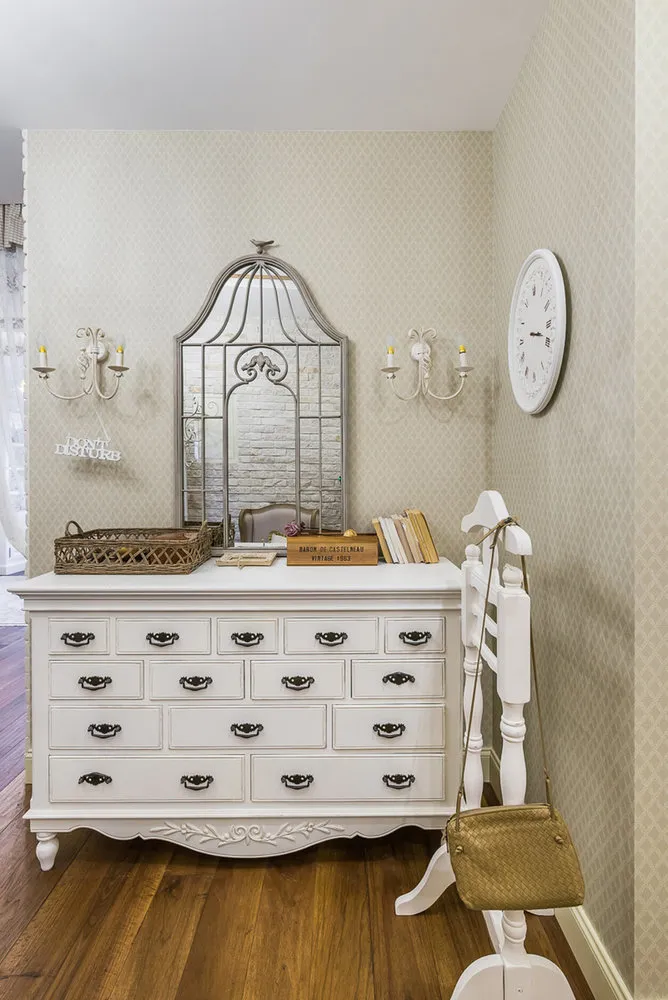
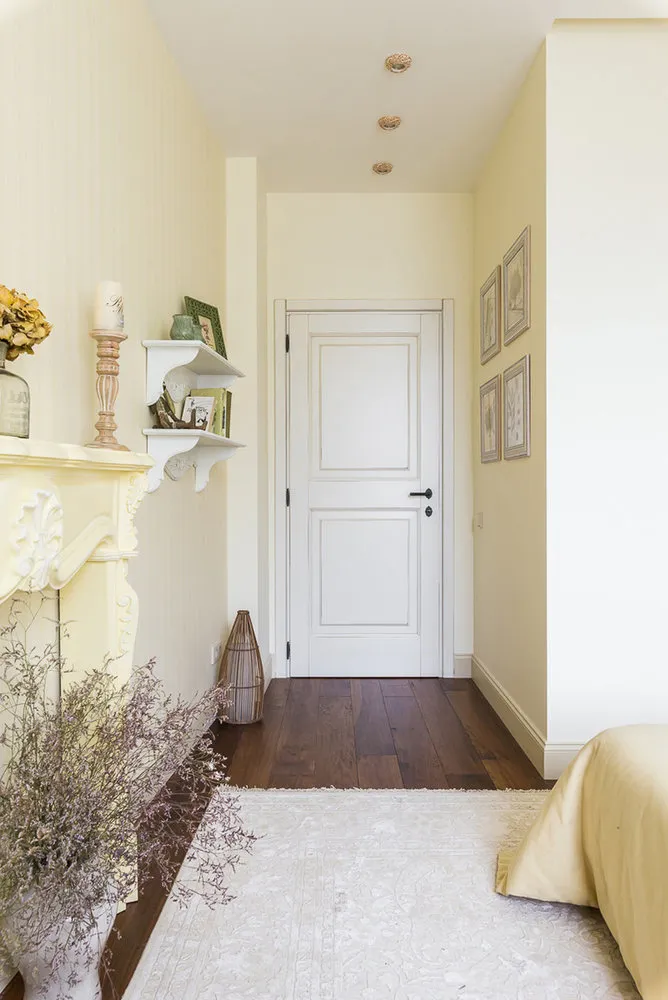
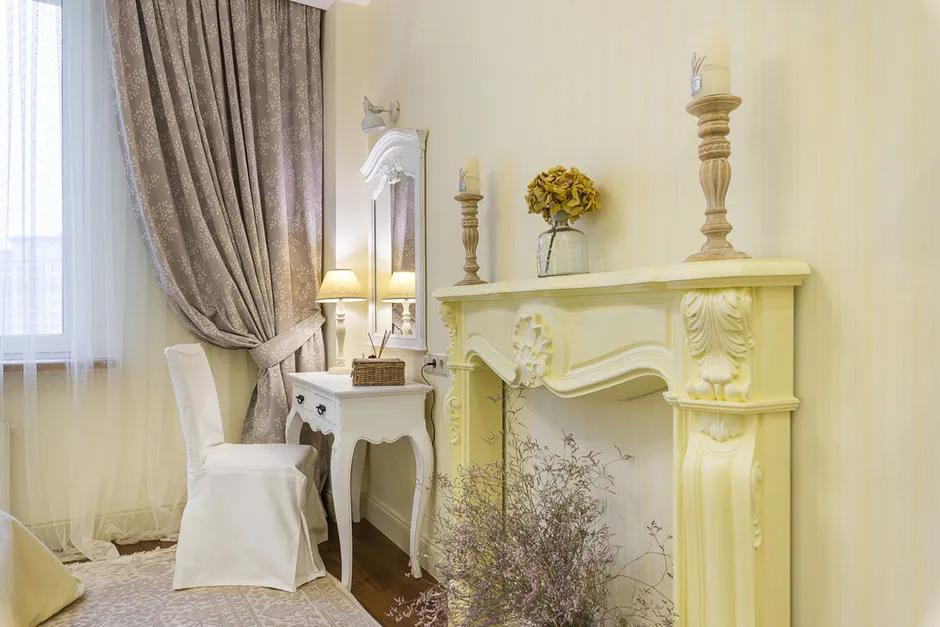
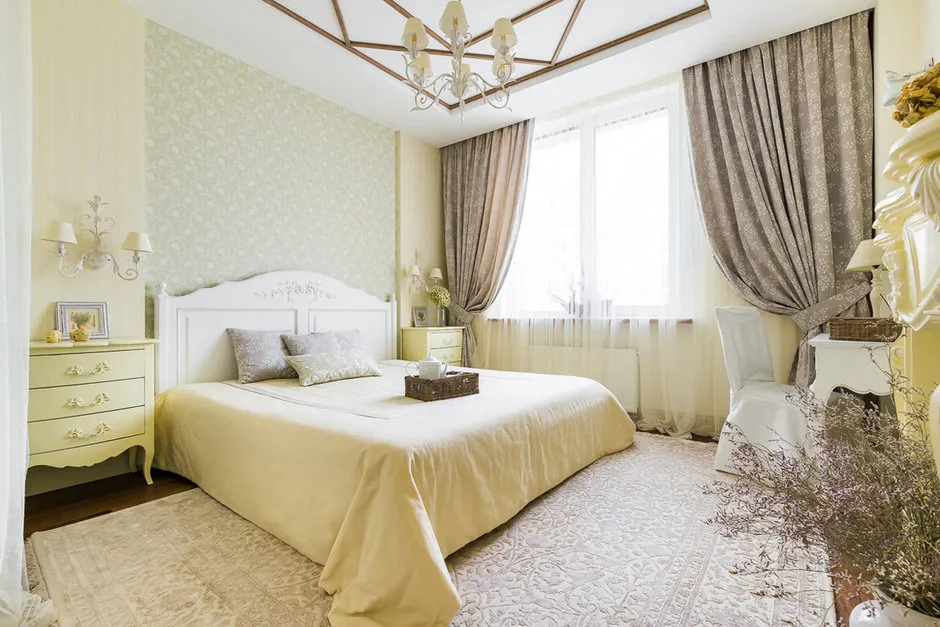
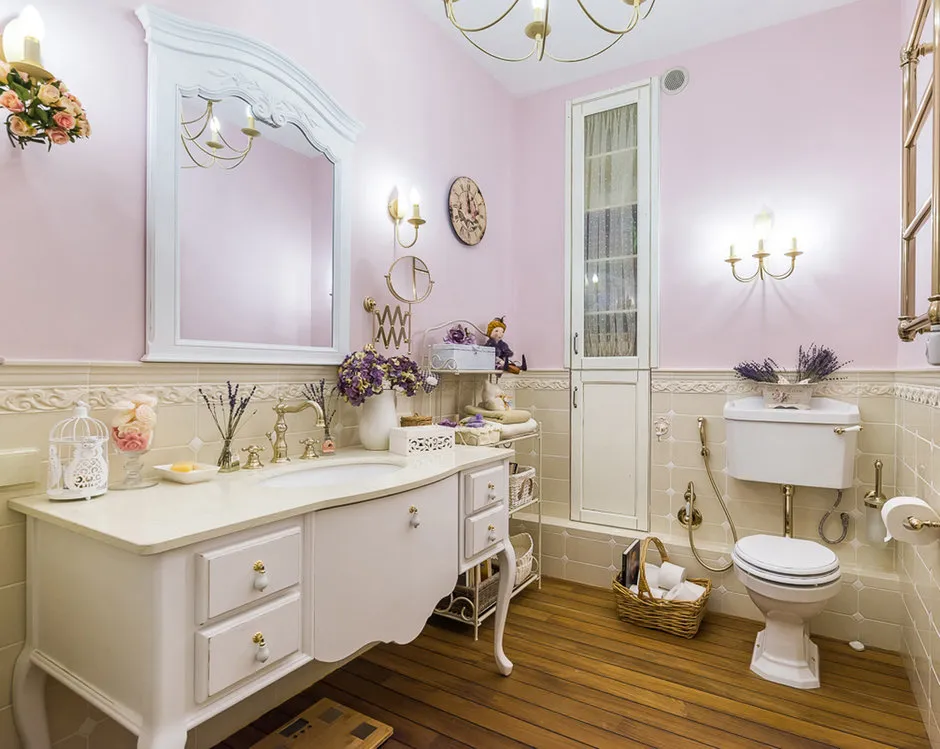
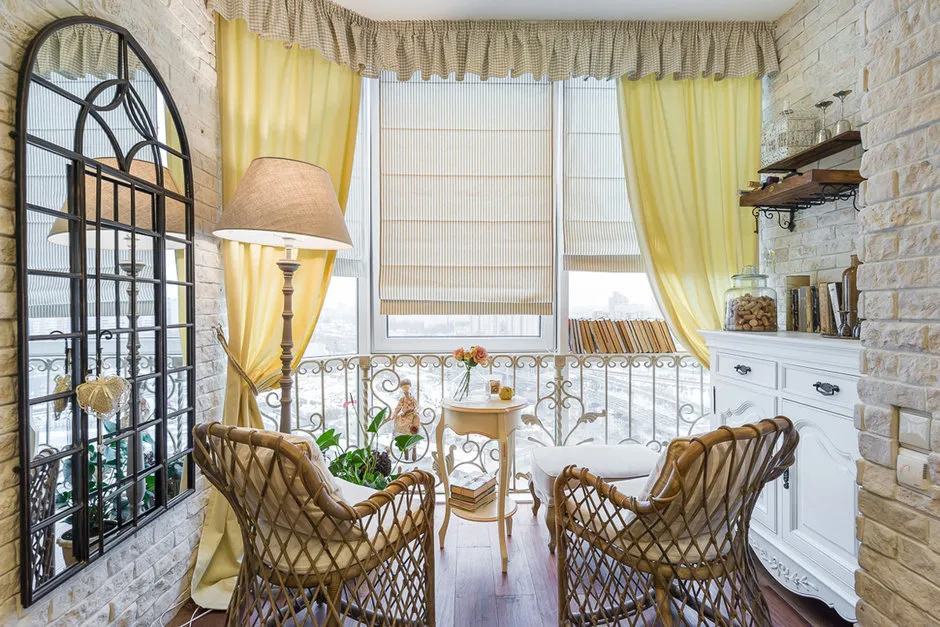 Lighting selection
Lighting selectionThe overall color palette of decoration dictates a special organization of lighting. The central part of the room is in a soft semi-darkness to create an illusion of sunlight streaming from windows. Functional zones of the interior are illuminated by individual groups of decorative items.
For ceiling lighting, cast iron or crystal chandelier is used. Highlighting individual details will help wall sconces with spherical shades and cast iron table lamps. The southern style of the room will be underlined by a small kerosene lamp.
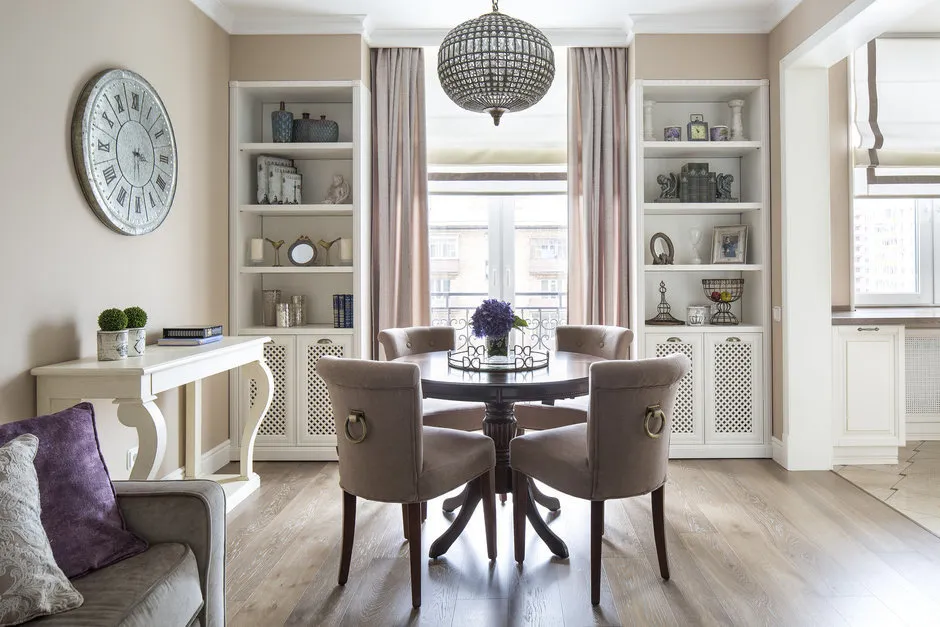 Design: Elena Markina
Design: Elena Markina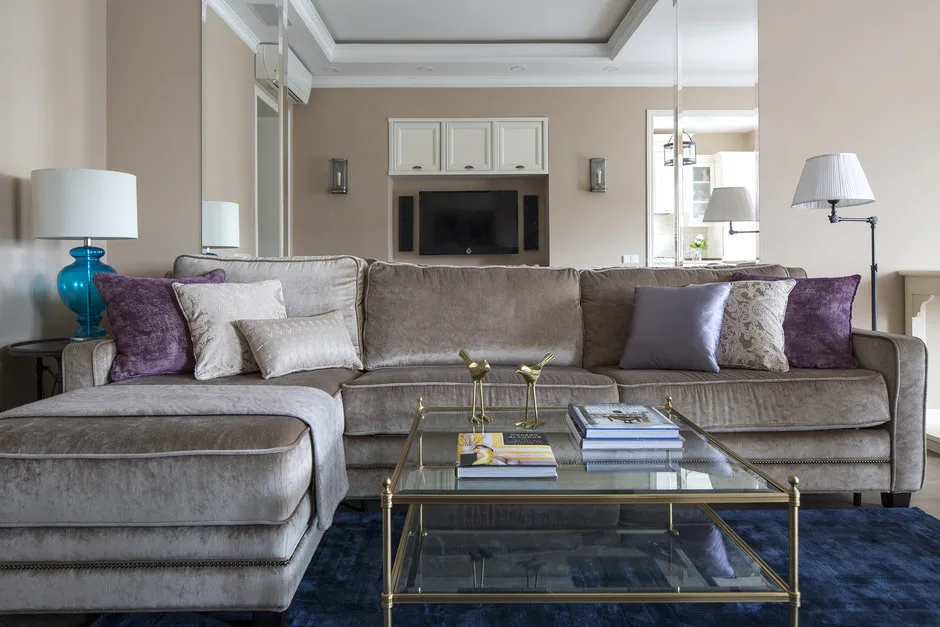
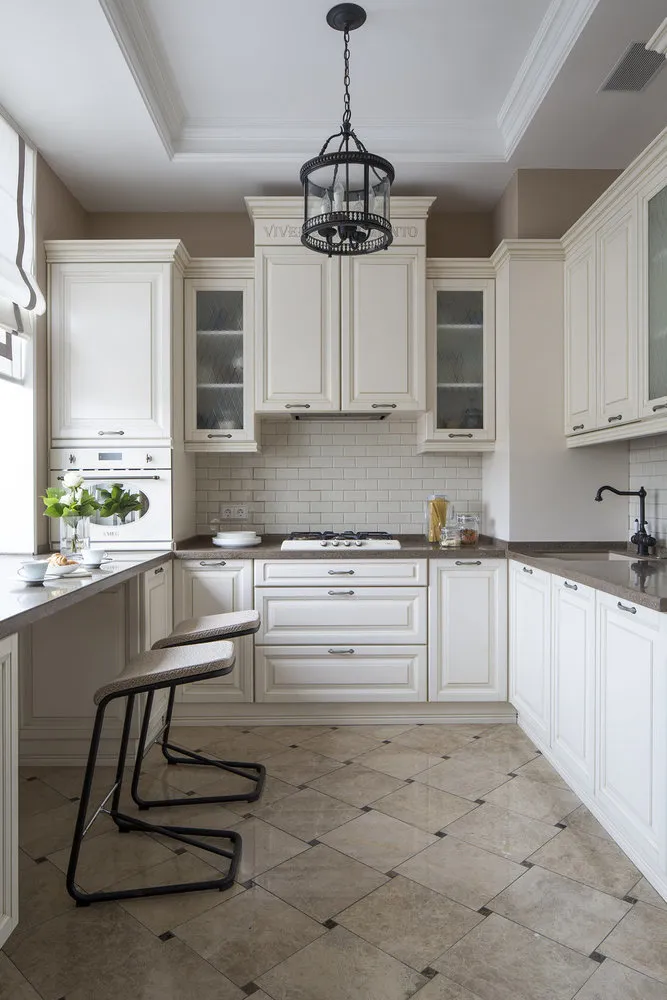
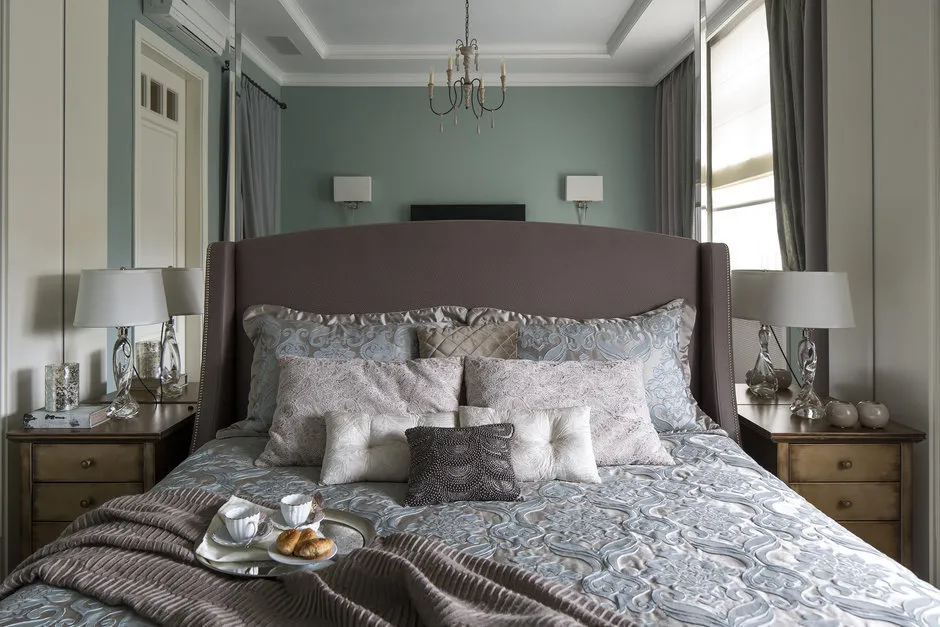
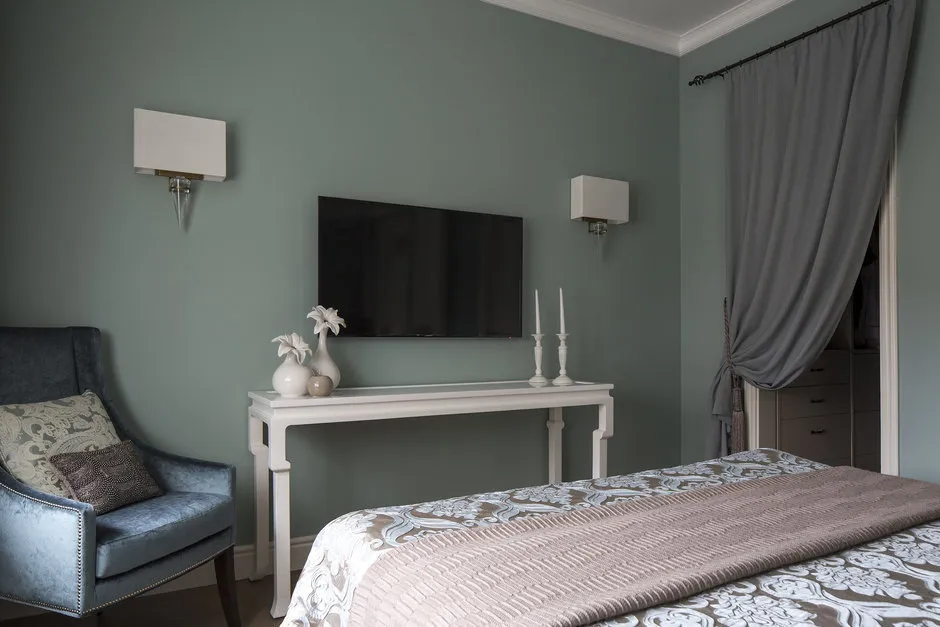
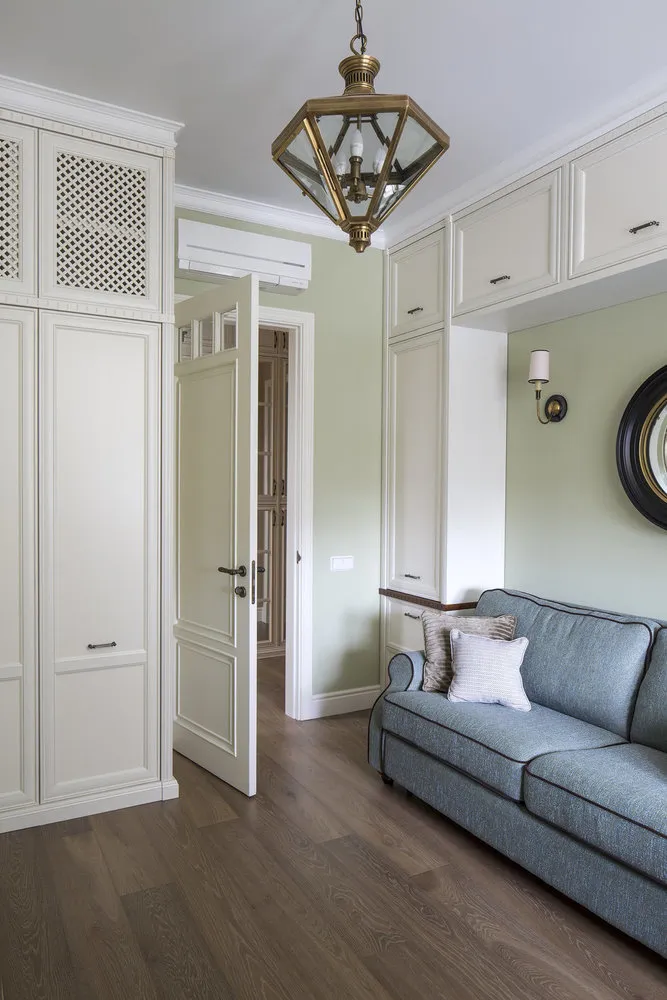
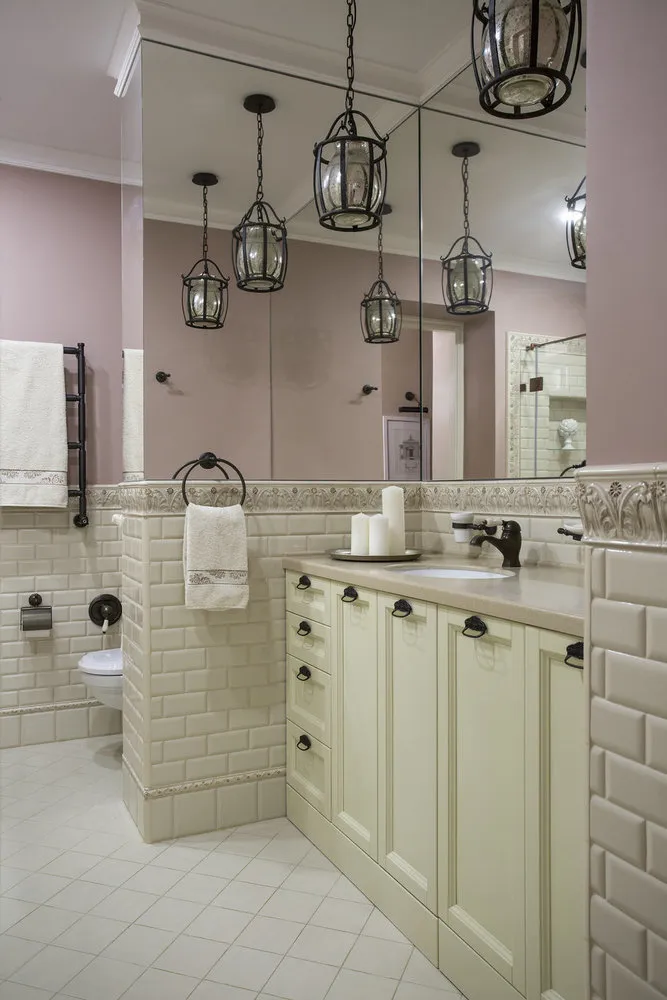 Window decoration in Italian style
Window decoration in Italian styleCurtais in Italian design play a decorative role. Windows are decorated with airy curtains and heavy drapes. The atmosphere of bohemian style is supported by fabric - velvet or jacquard with decorative tacks. In modern style, the use of roller curtains with plant motifs is welcomed.
The color solution of window decoration and pattern on the textile should be linked to the upholstery of furniture.
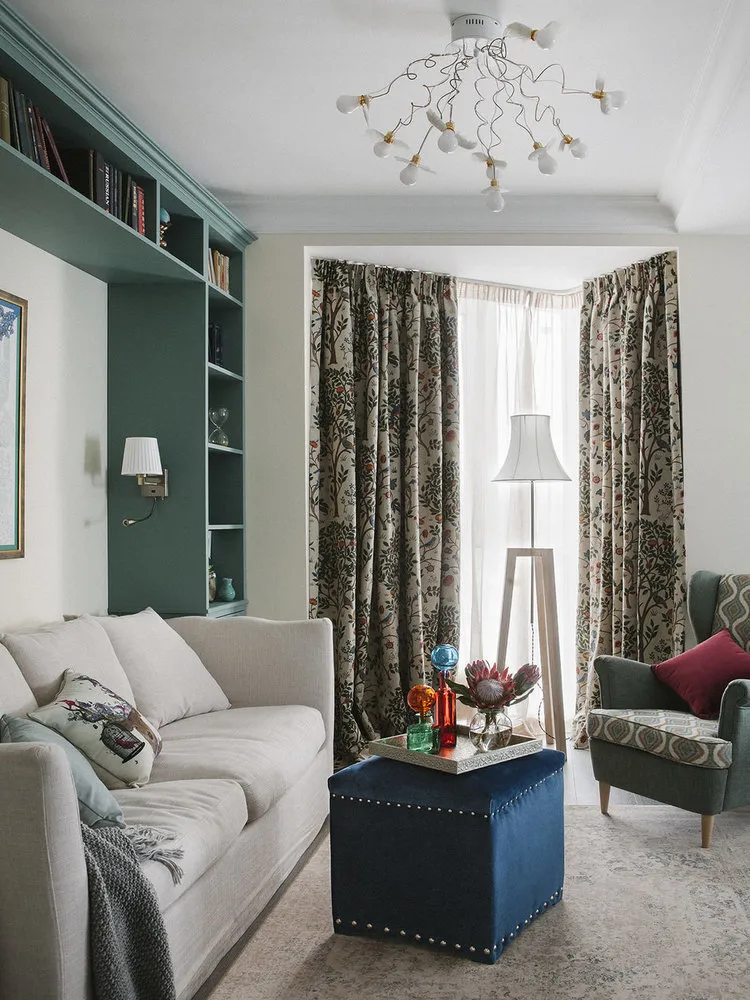 Design: Inna Velichko
Design: Inna Velichko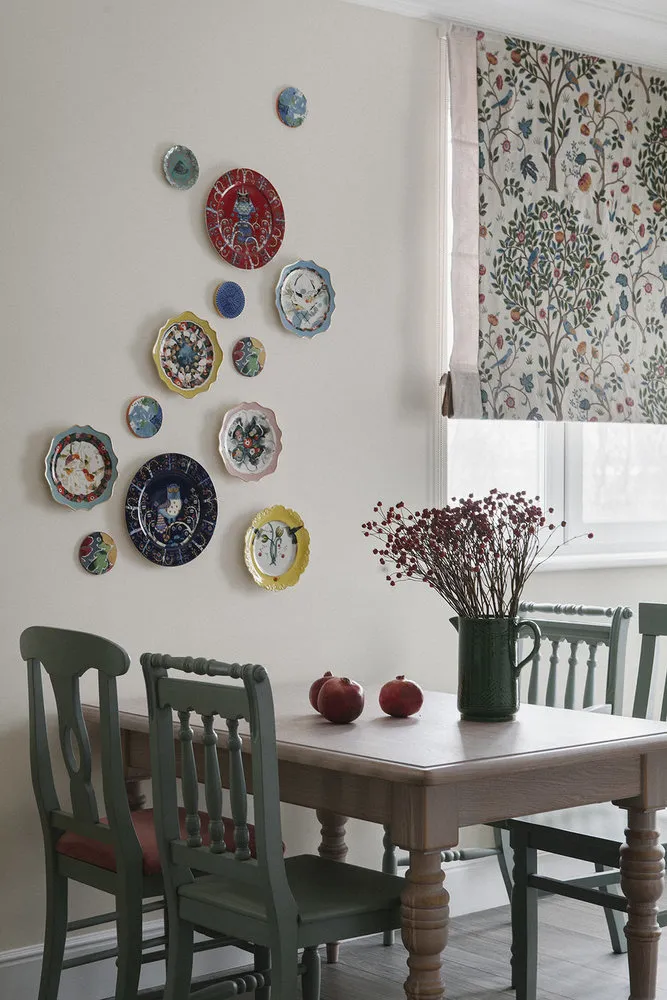
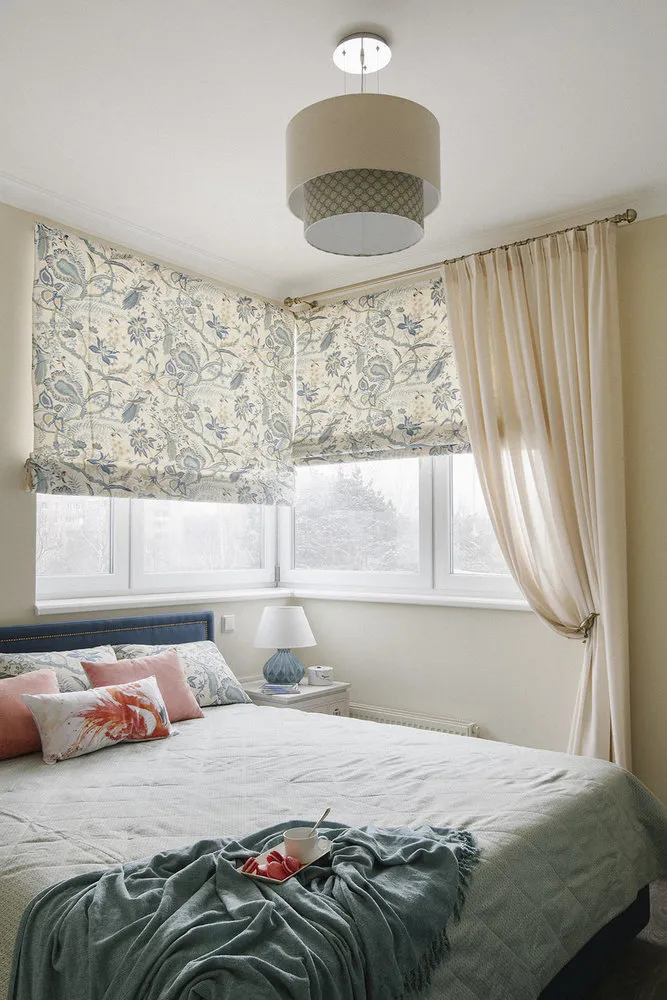
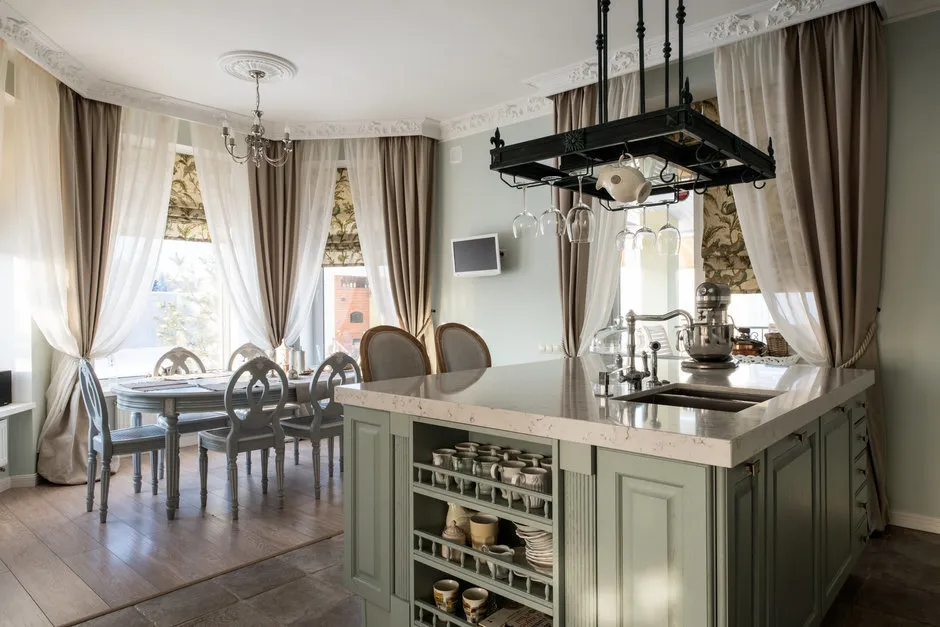 Design Julia Solovyova
Design Julia Solovyova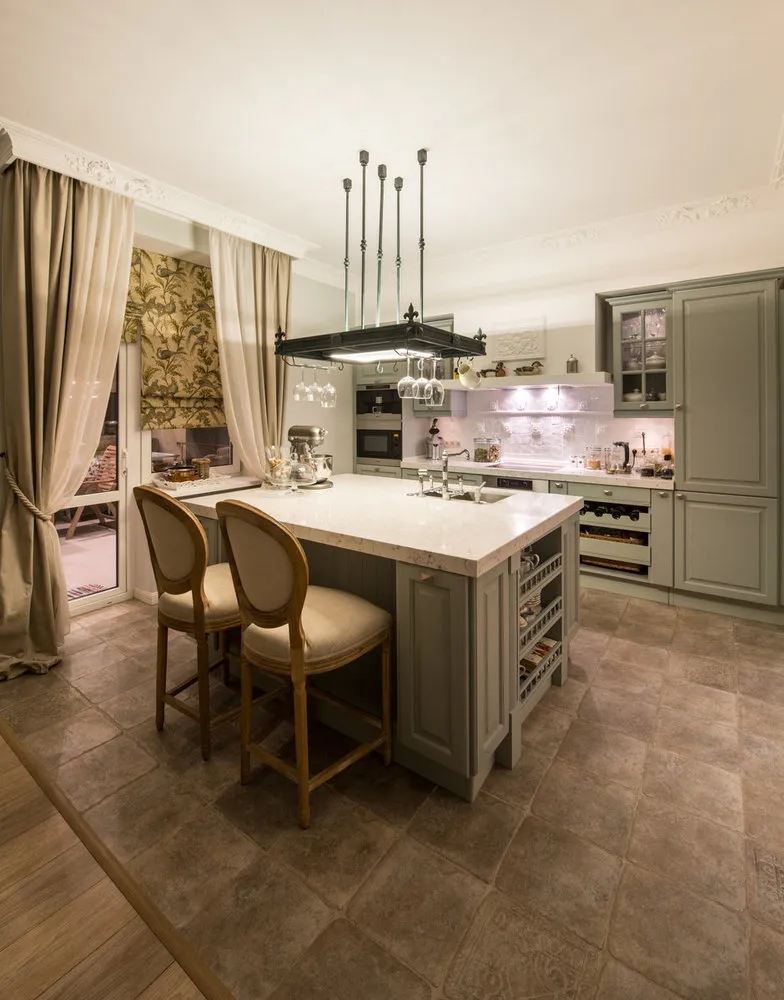
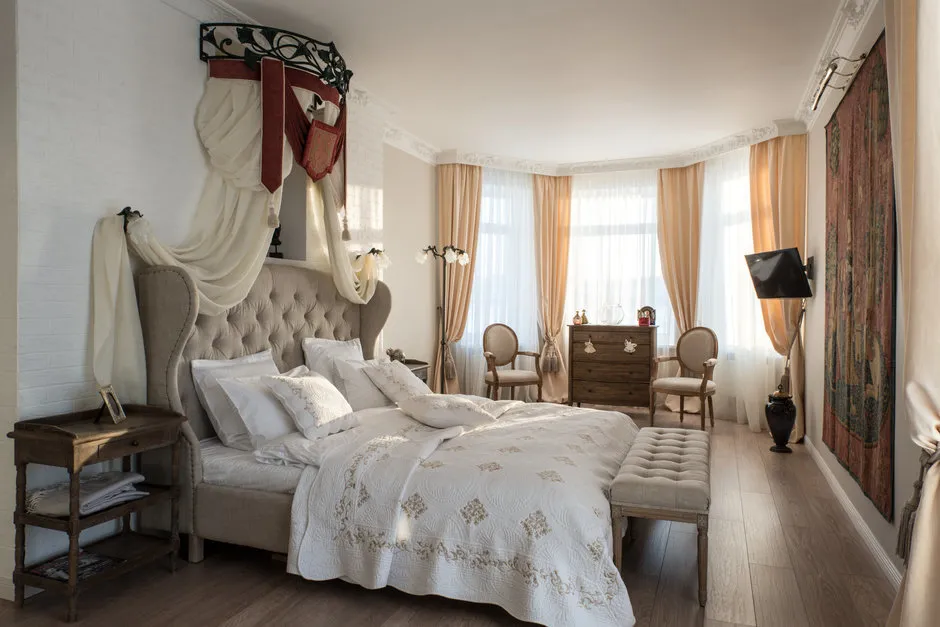
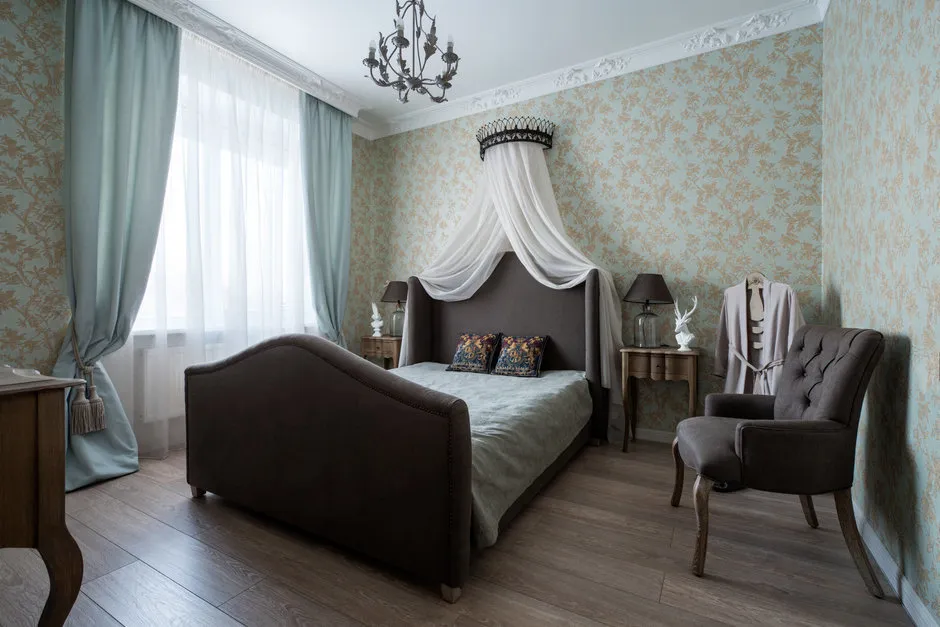
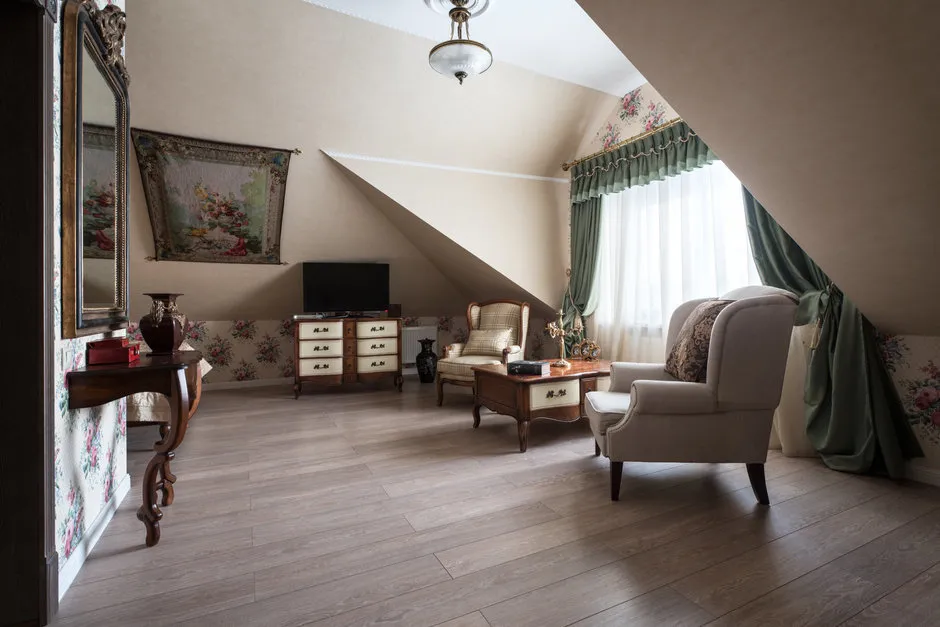
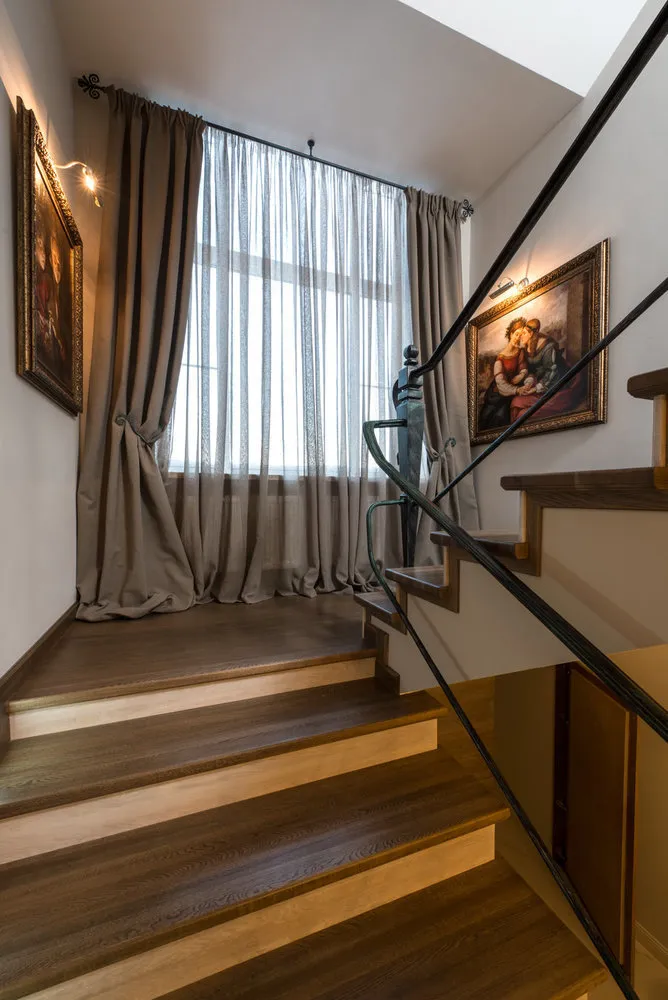
Massive columns and arched openings, lace-like carved moldings and cast hardware, valuable wood species and natural fabrics have become an inseparable attribute of Italian interior design. European luxury in modern guise is created to display refined taste and wealth.
Real project photosNatural materials, preservation of family traditions and hospitality of Italians became the main features of Mediterranean style.
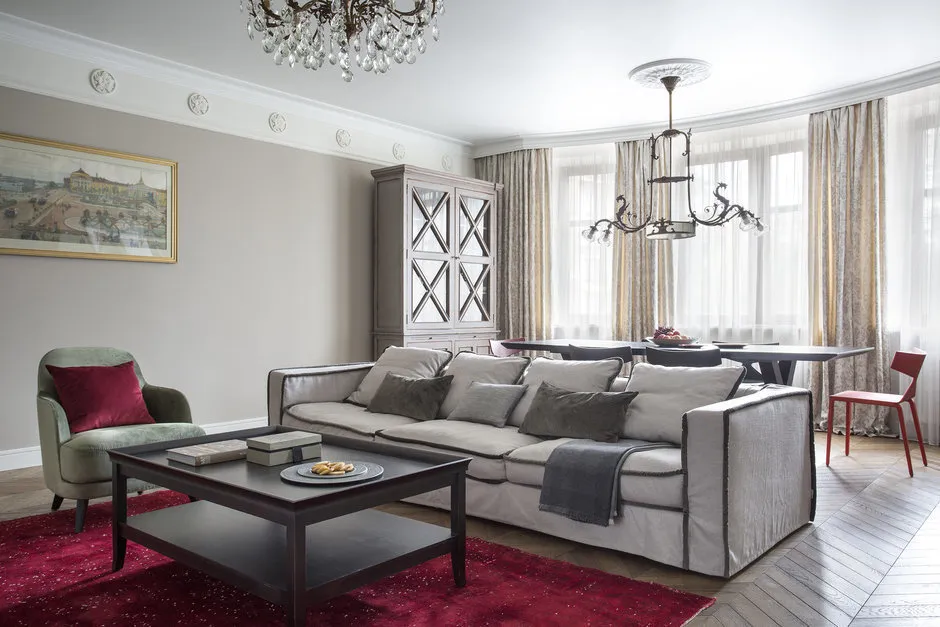 Design: Irina Travkina, Natalia Tarasevich
Design: Irina Travkina, Natalia Tarasevich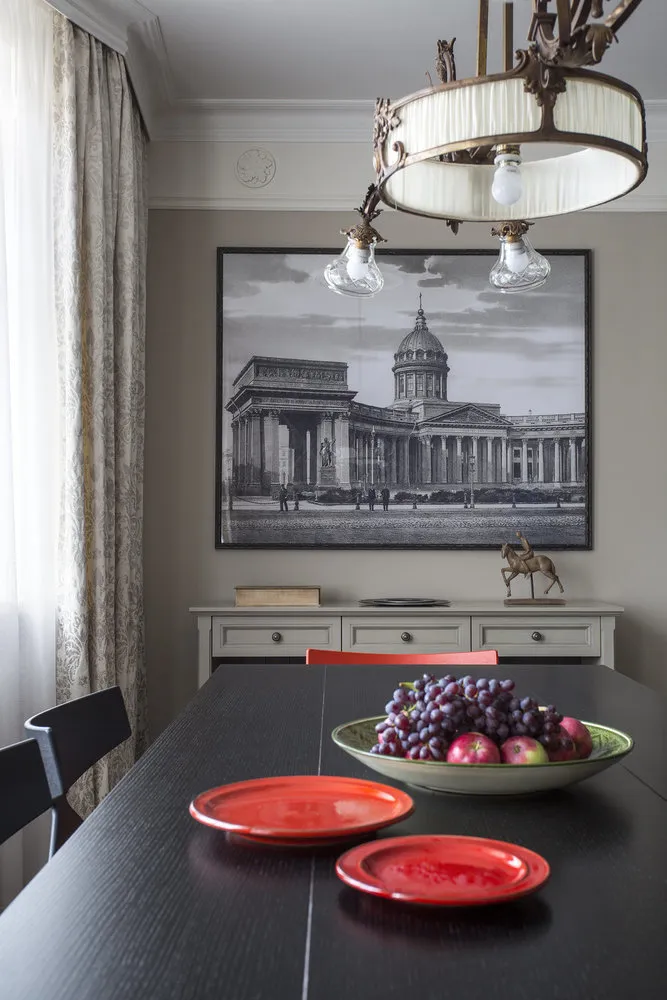
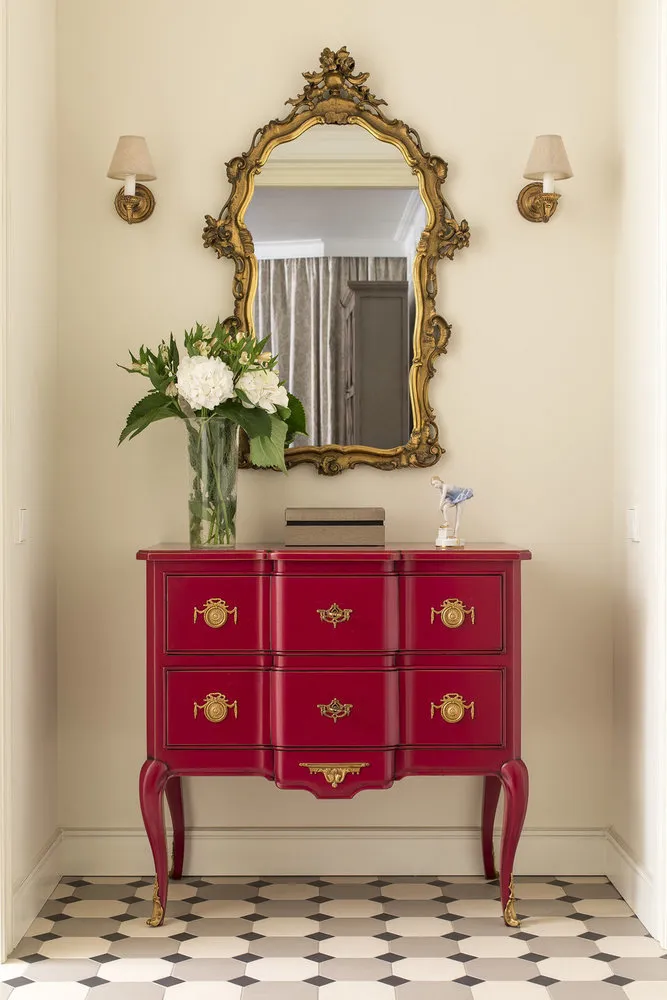
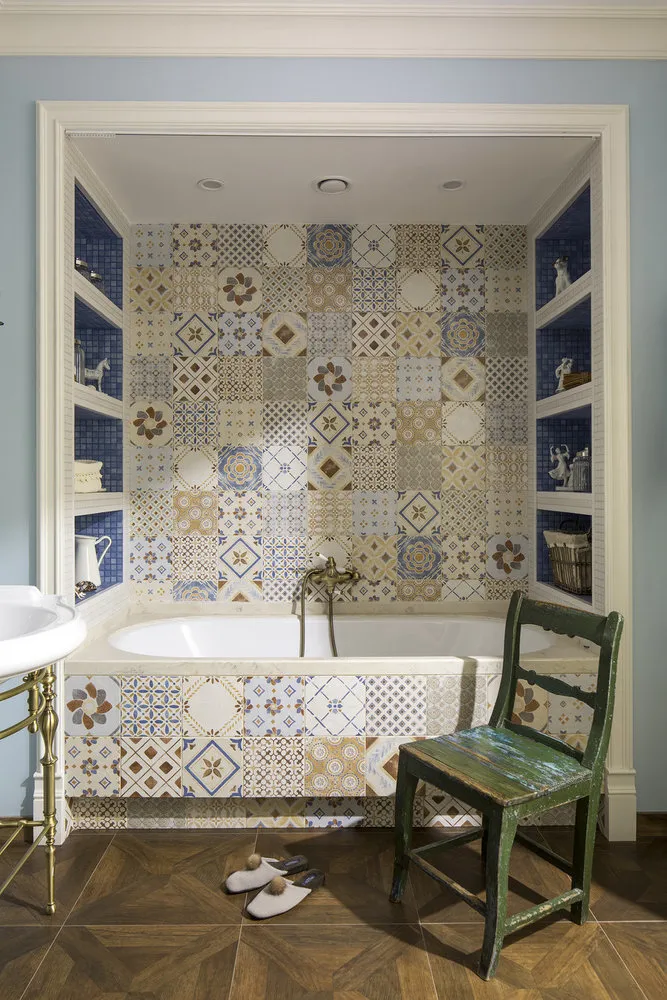
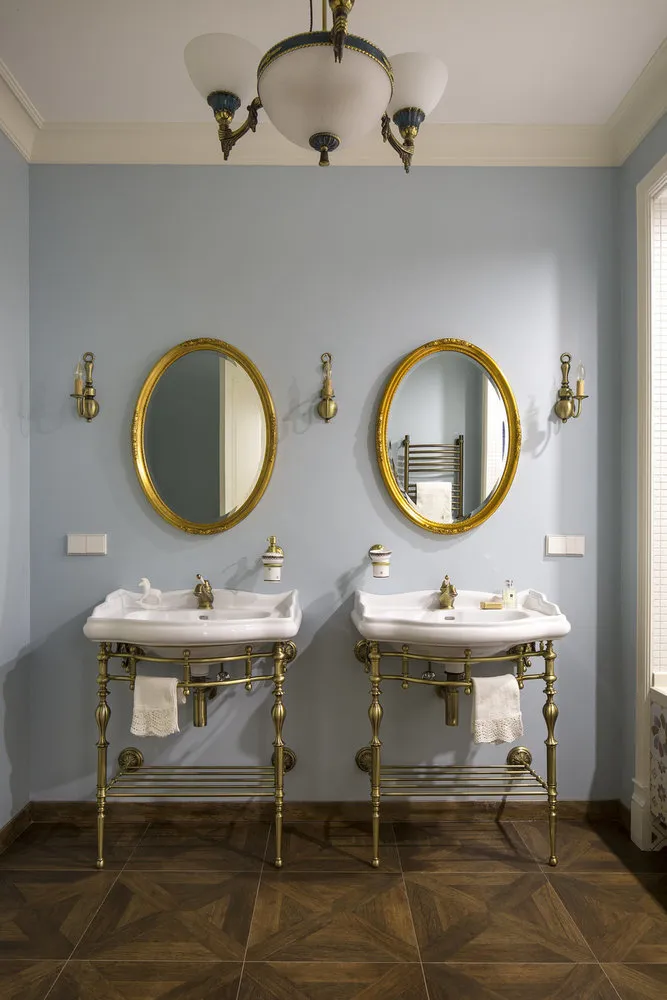
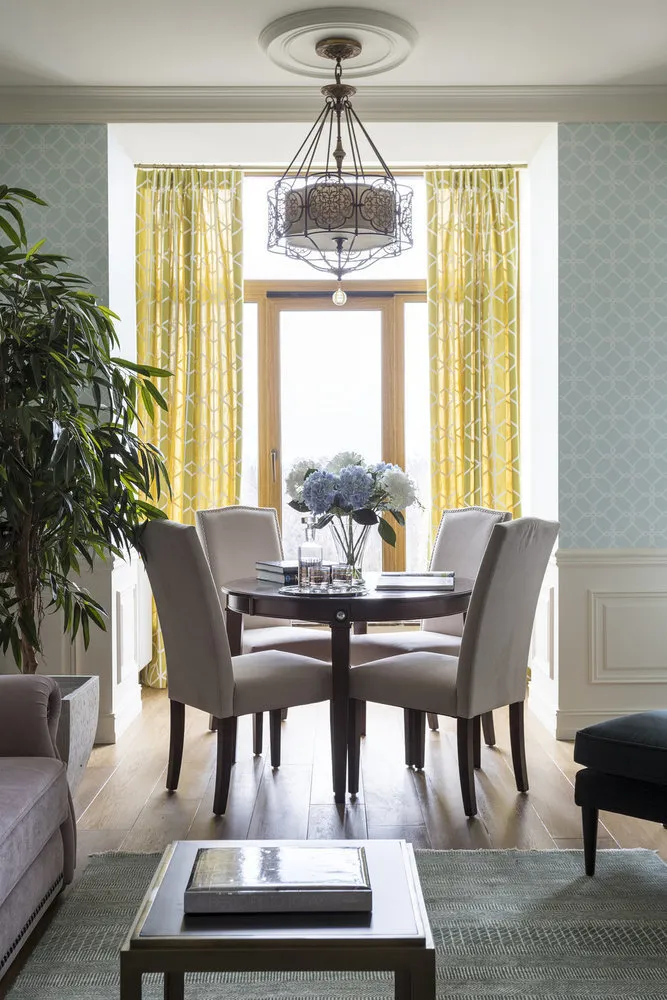 Design:
Marina Zhukova
Design:
Marina Zhukova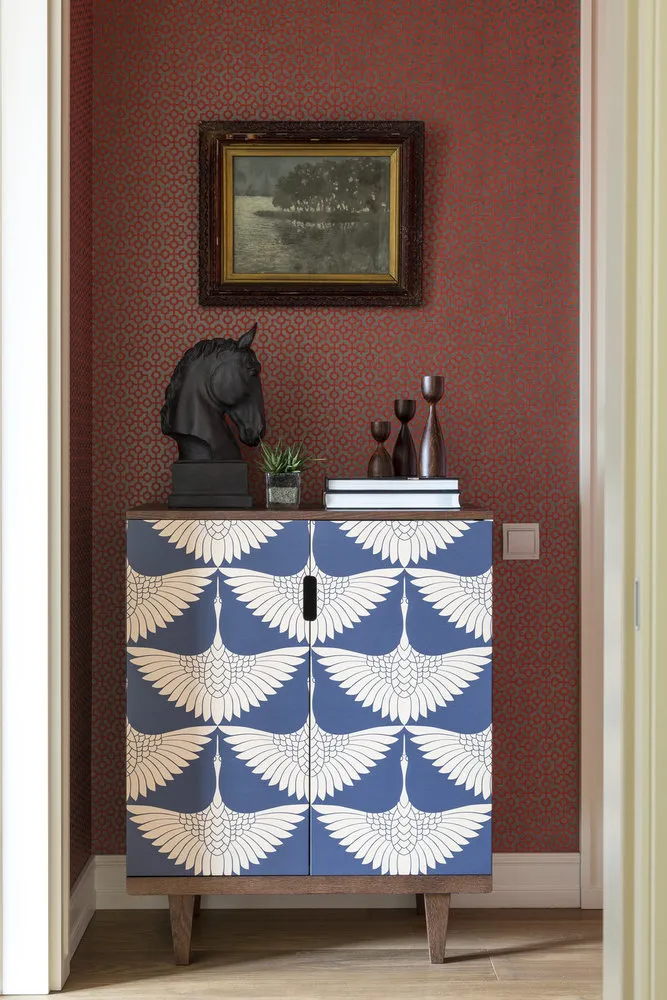
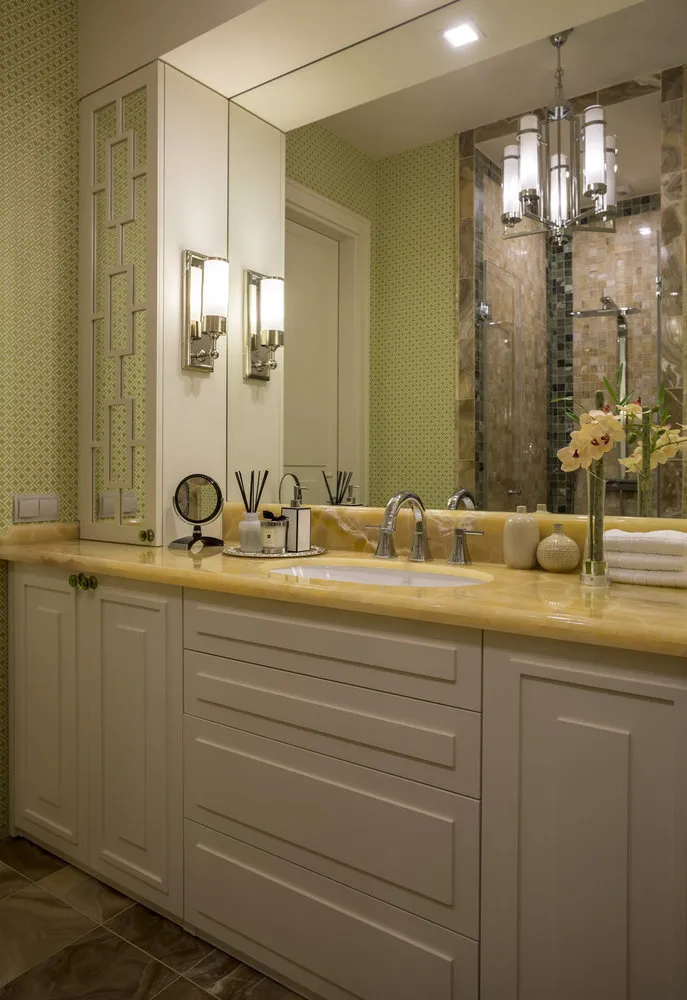
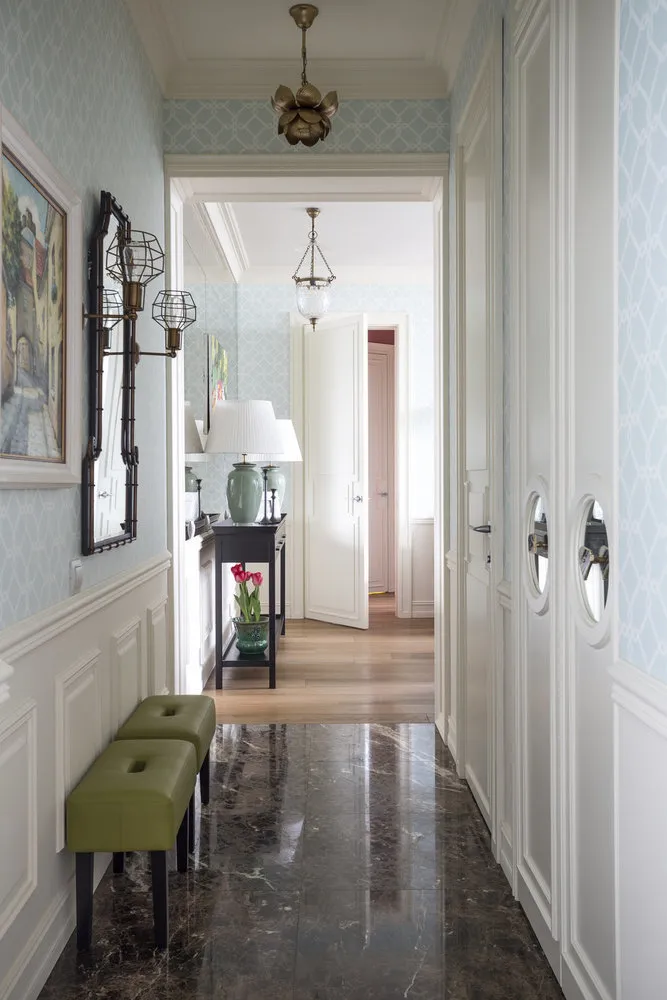
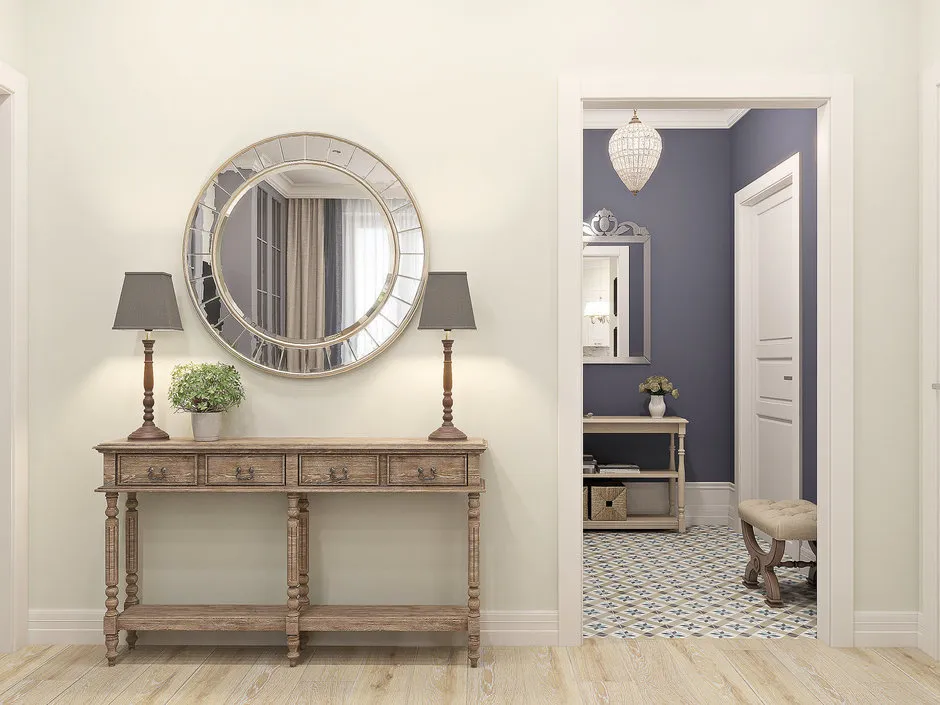 Design: Dina Salahova
Design: Dina Salahova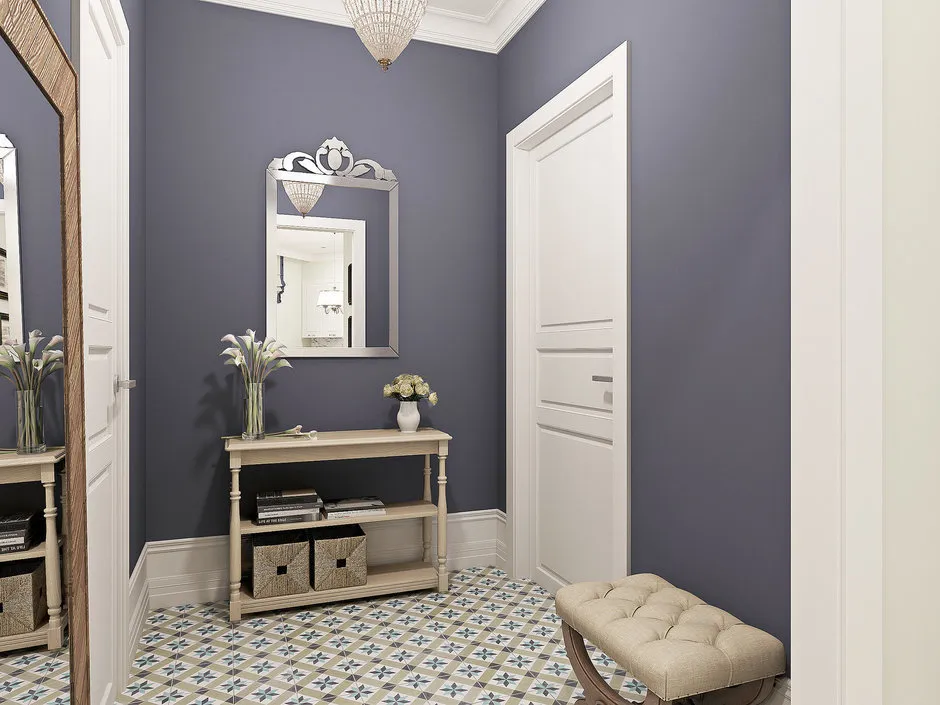
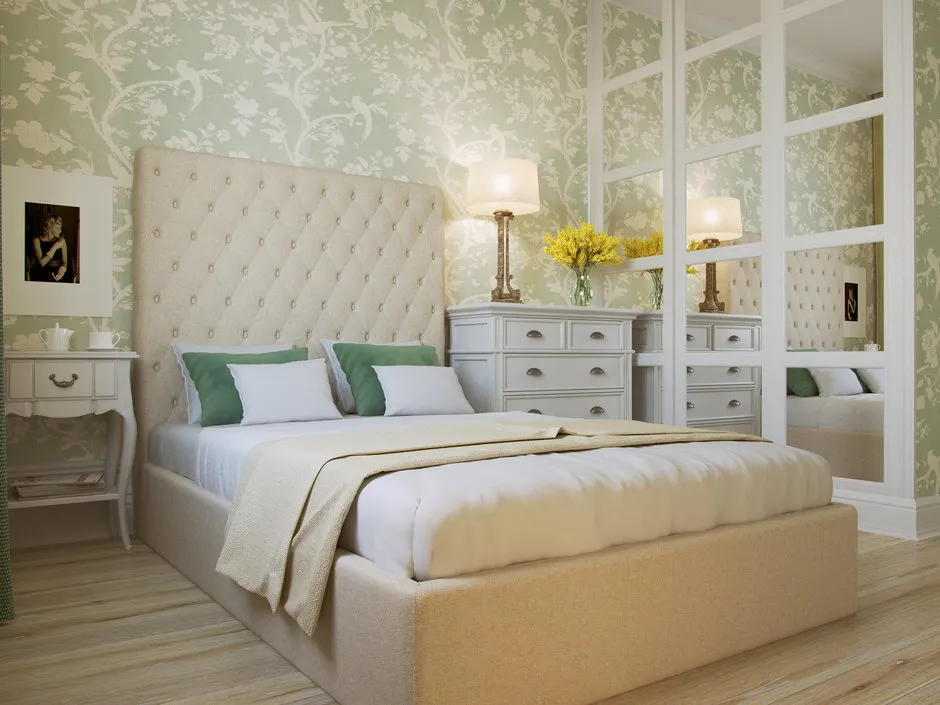
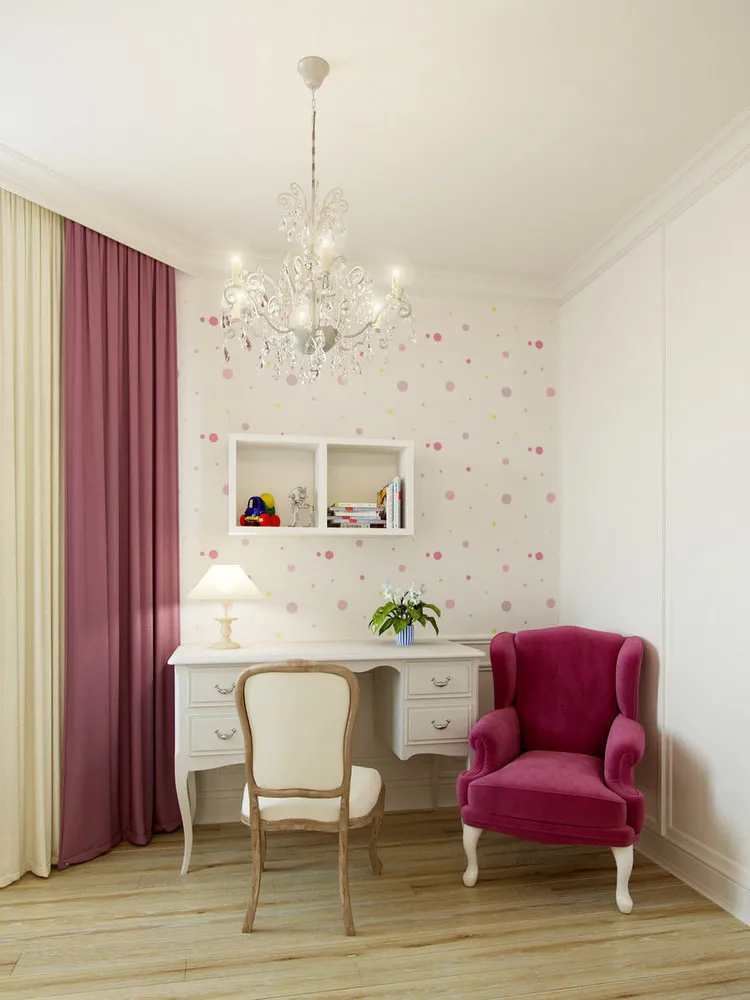
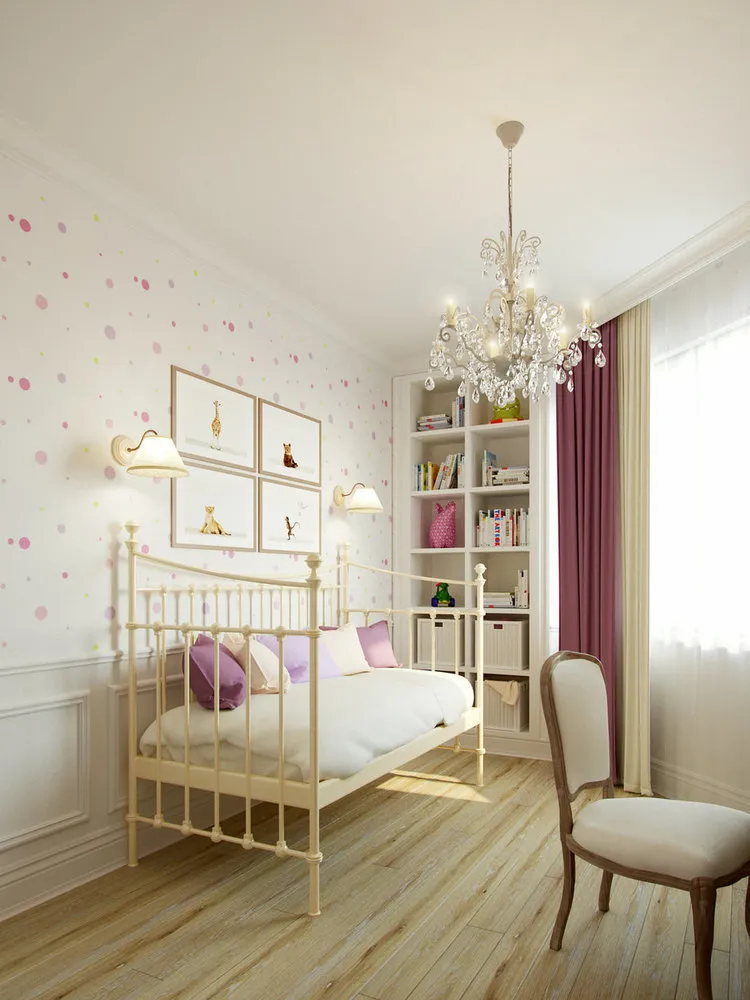
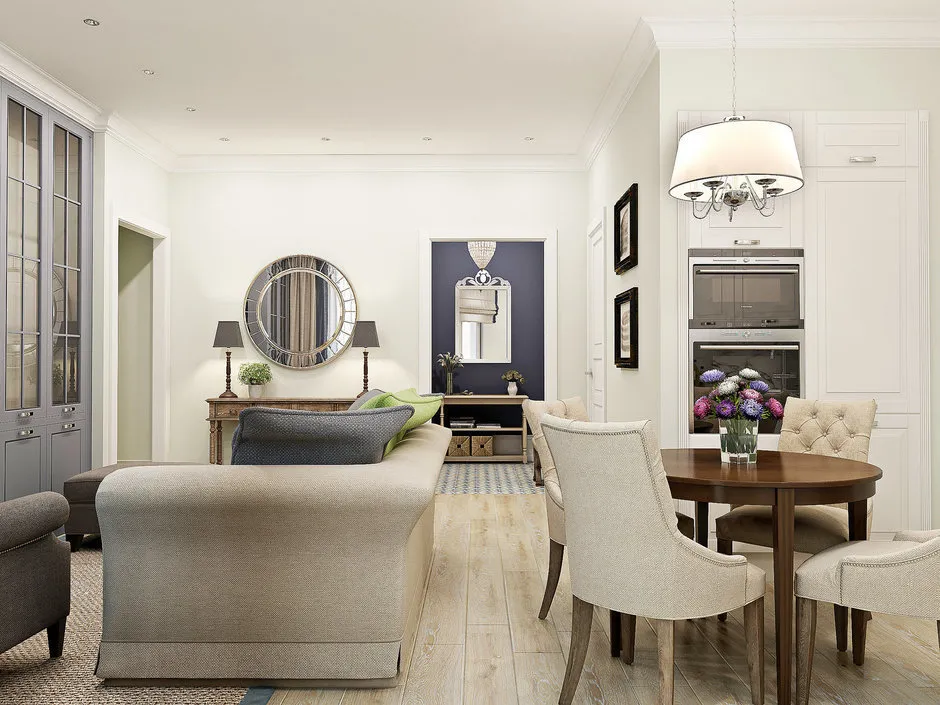
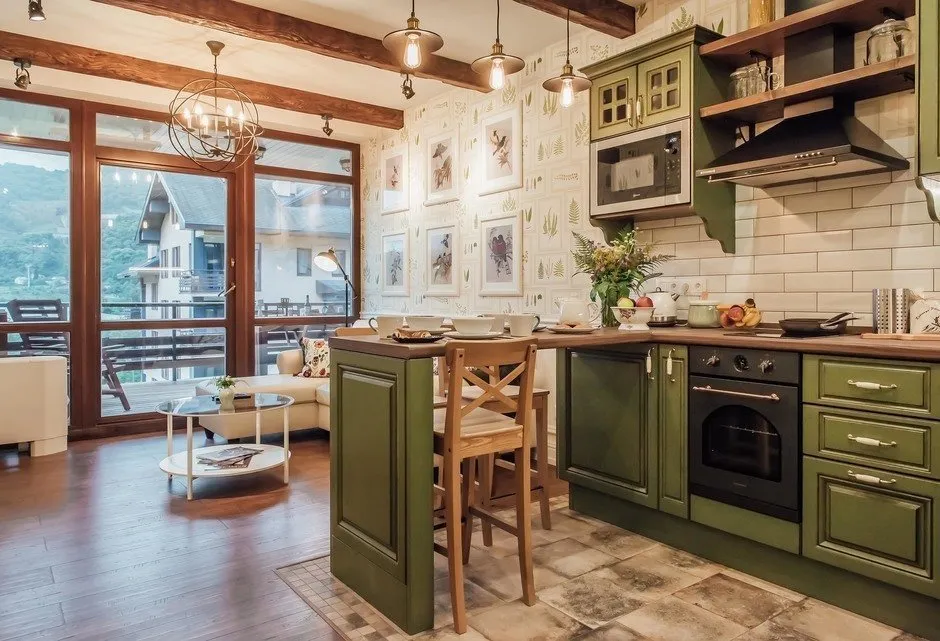 Design: Maxim Noda
Design: Maxim Noda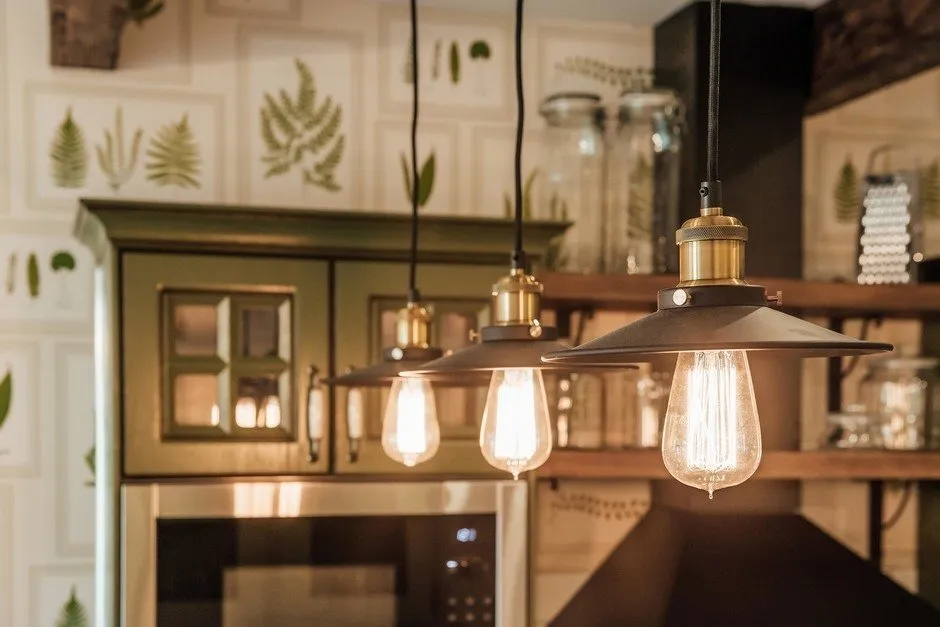
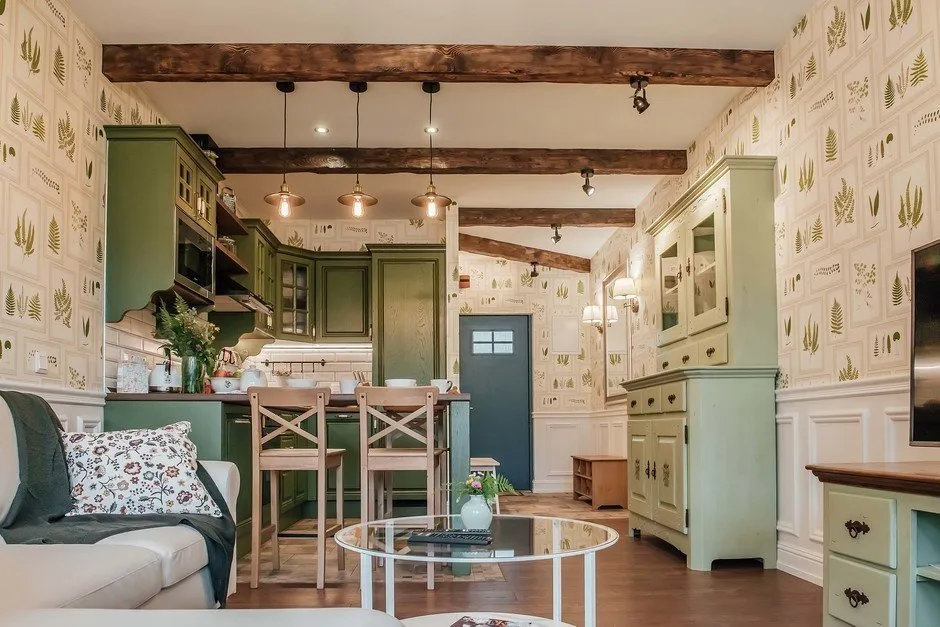
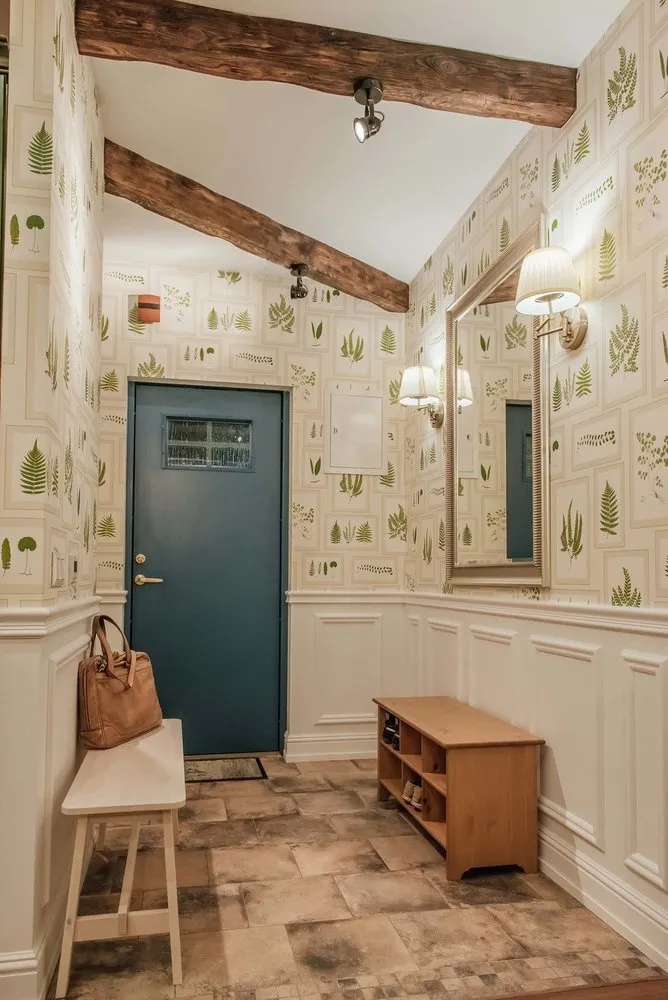
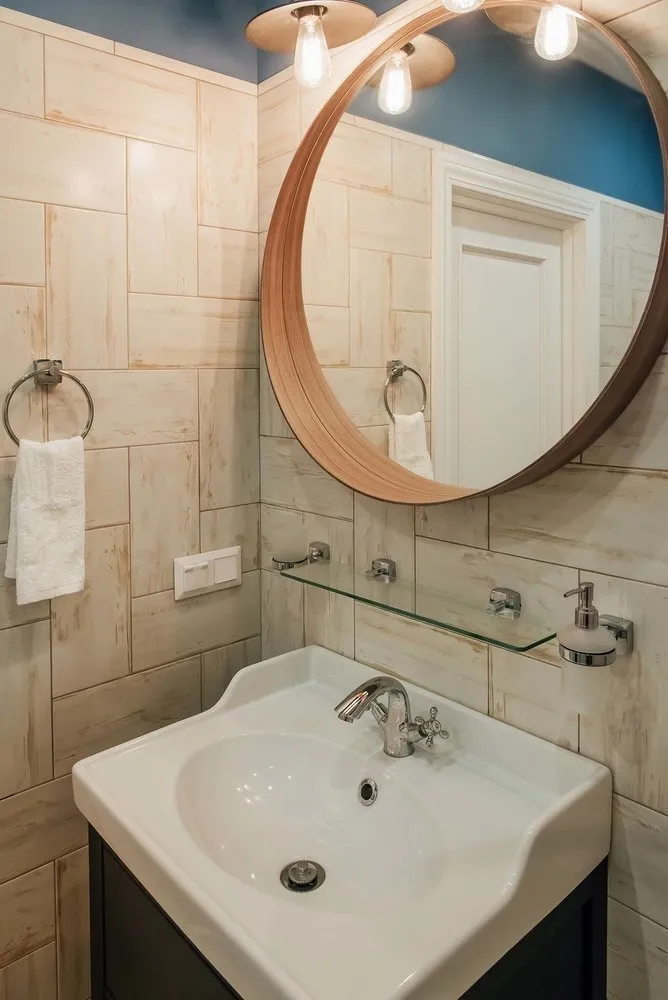
Learn more about the specifics of Italian style in interior design in the following video:
The cover features a design project by architectural studio b-arch.
Need a renovation specialist?
Find verified professionals for any repair or construction job. Post your request and get offers from local experts.
You may also like
More articles:
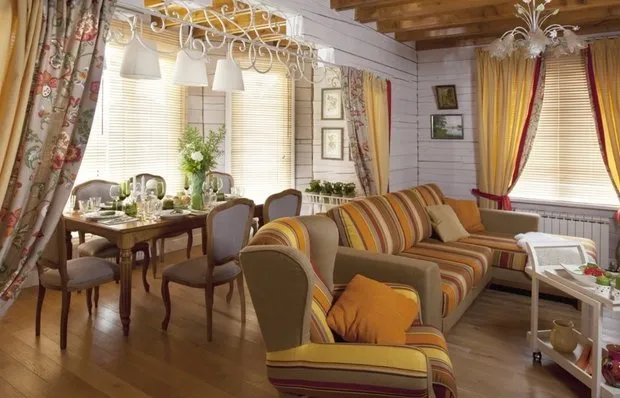 Kitchen and Living Room Partition
Kitchen and Living Room Partition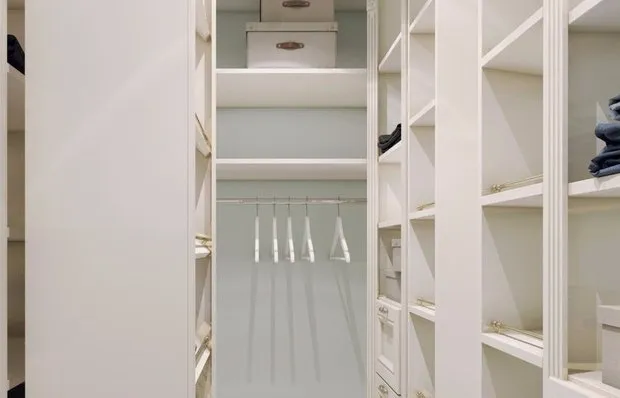 Closet in the Hallway
Closet in the Hallway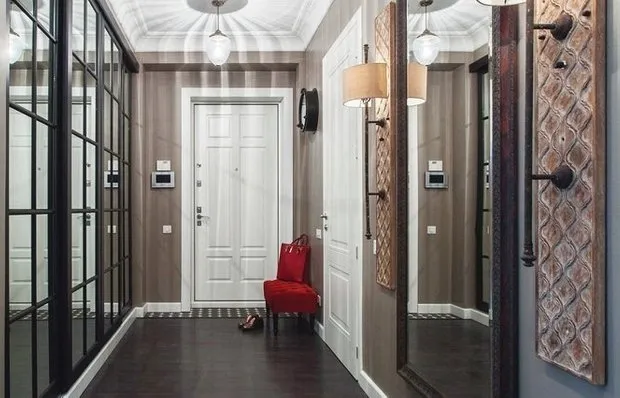 How to Decorate a Large Entrance Hall: 4 Tips from Nadia Zотова
How to Decorate a Large Entrance Hall: 4 Tips from Nadia Zотова Redesigning a Small Bathroom: What You Need to Know
Redesigning a Small Bathroom: What You Need to Know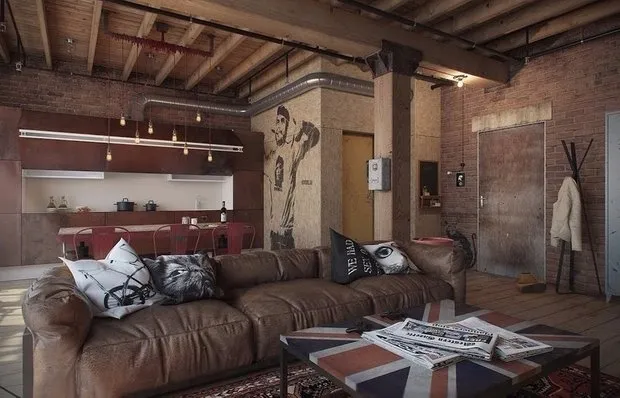 Living Room in Loft Style
Living Room in Loft Style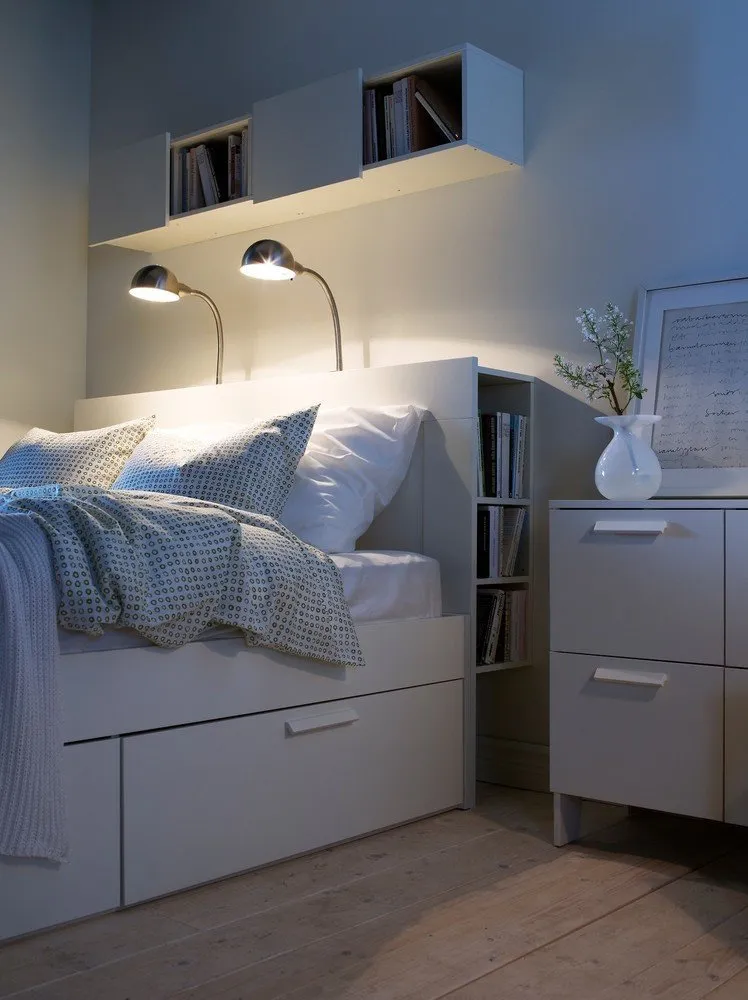 10 IKEA Items That Save Space in Small Apartments
10 IKEA Items That Save Space in Small Apartments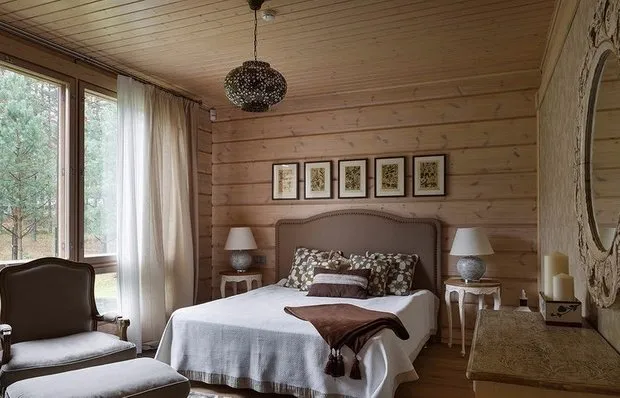 Design of Beautiful Bedrooms in Private Homes: Photo Examples of Interior Decoration
Design of Beautiful Bedrooms in Private Homes: Photo Examples of Interior Decoration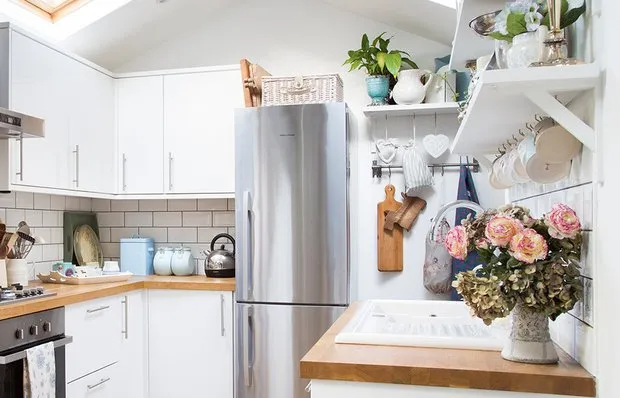 DIY Repairs: 15 Things You Can Easily Do Yourself
DIY Repairs: 15 Things You Can Easily Do Yourself